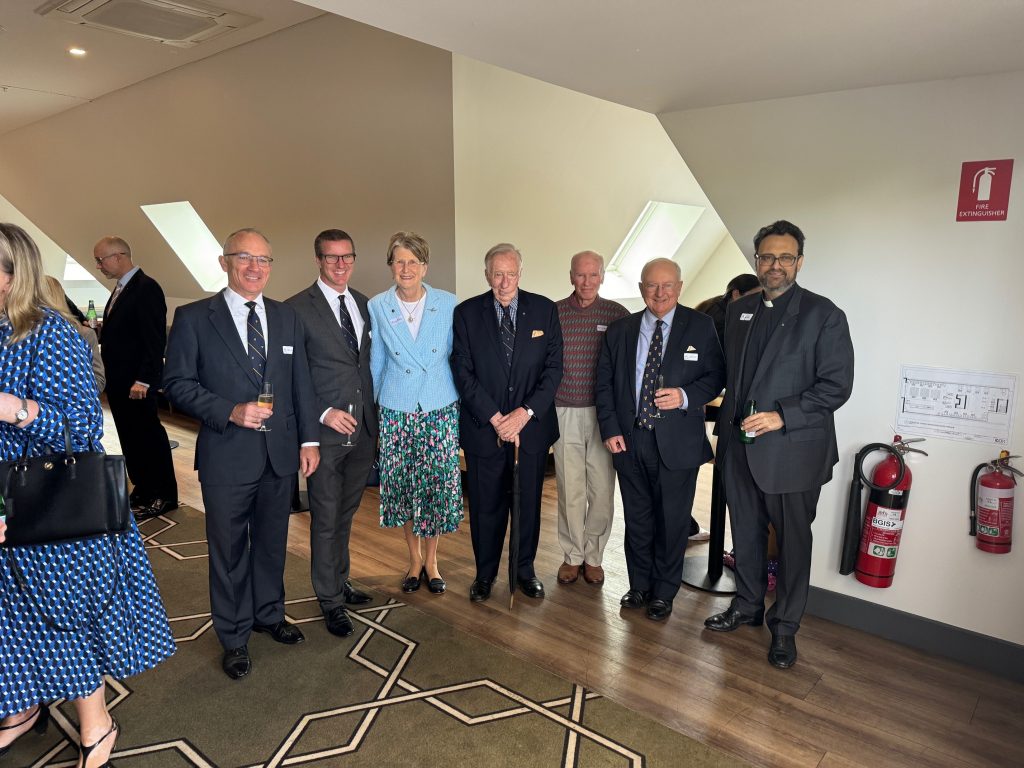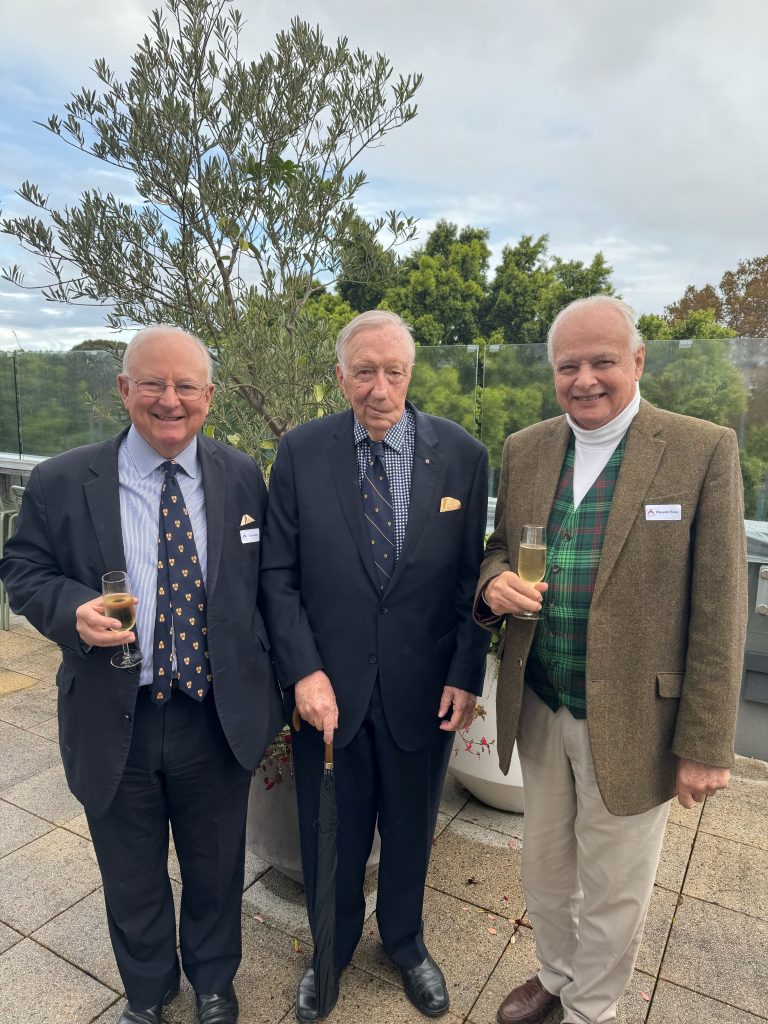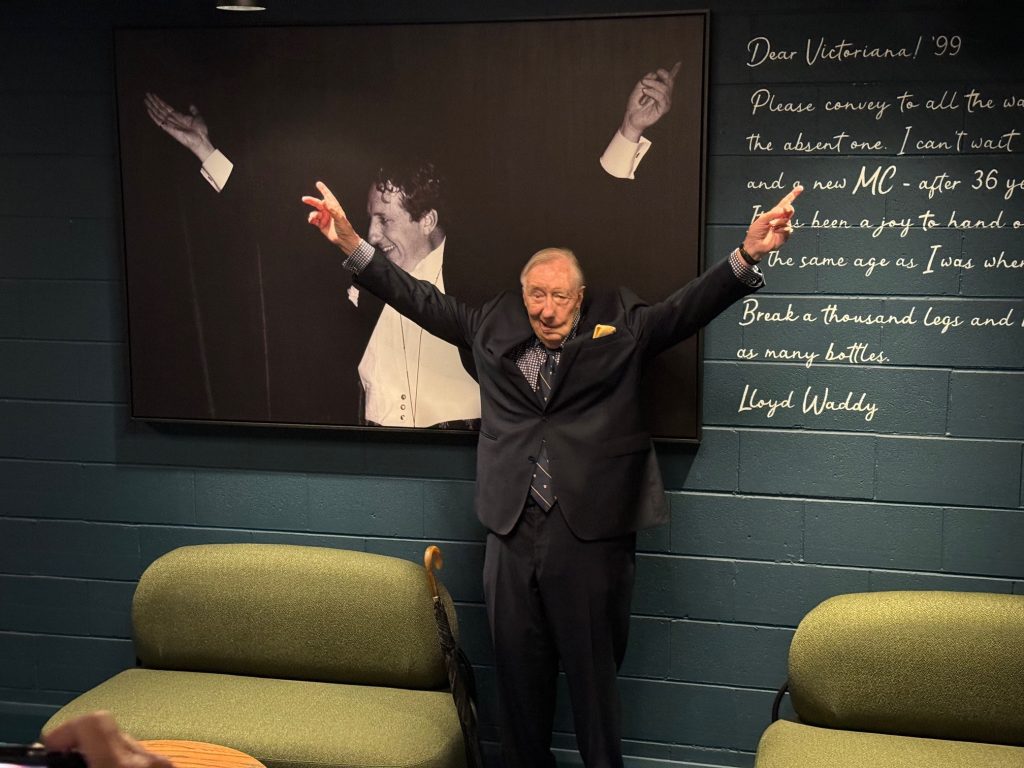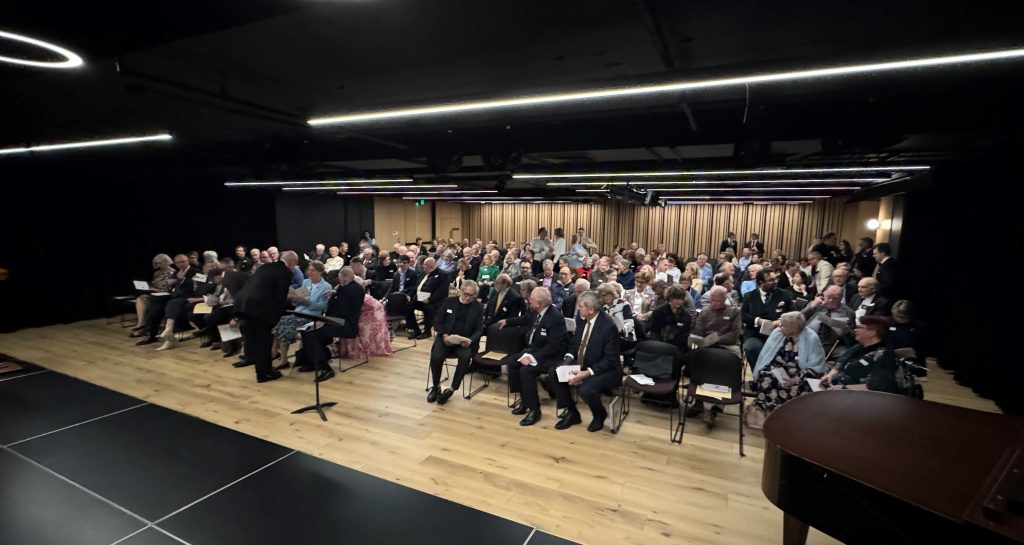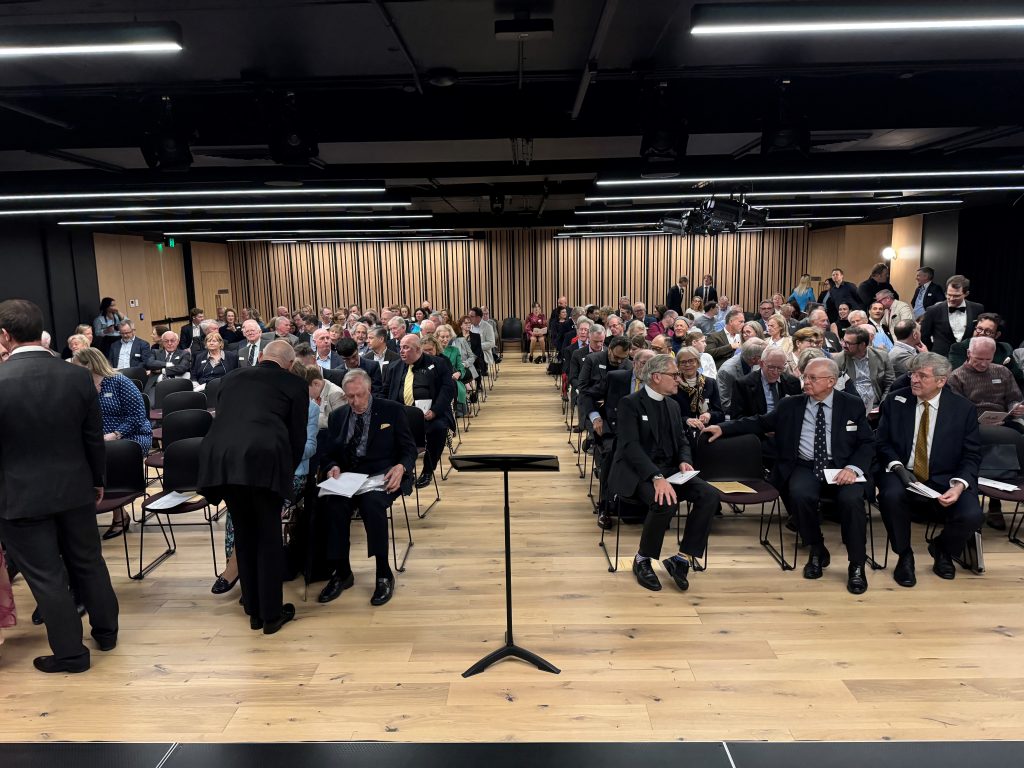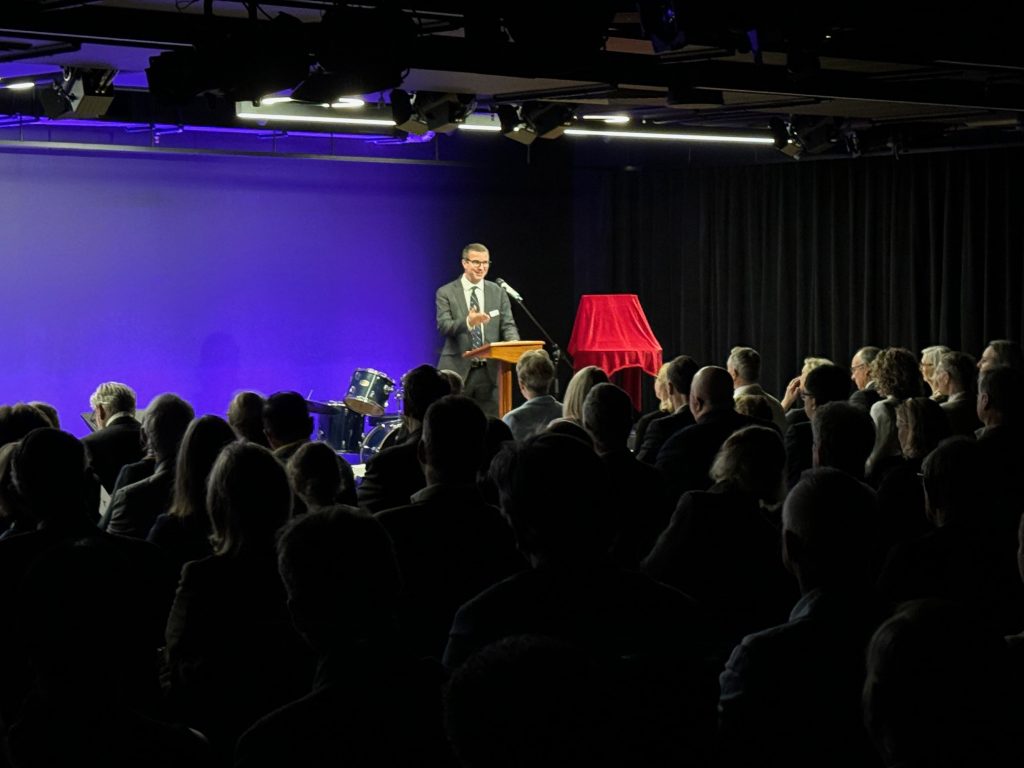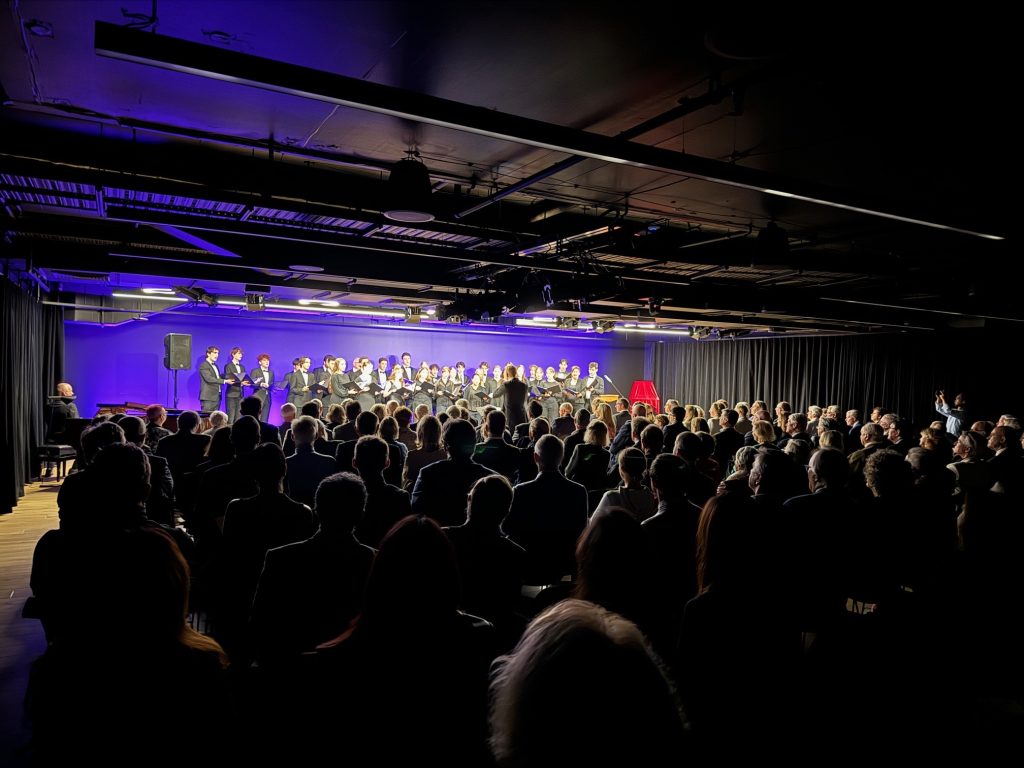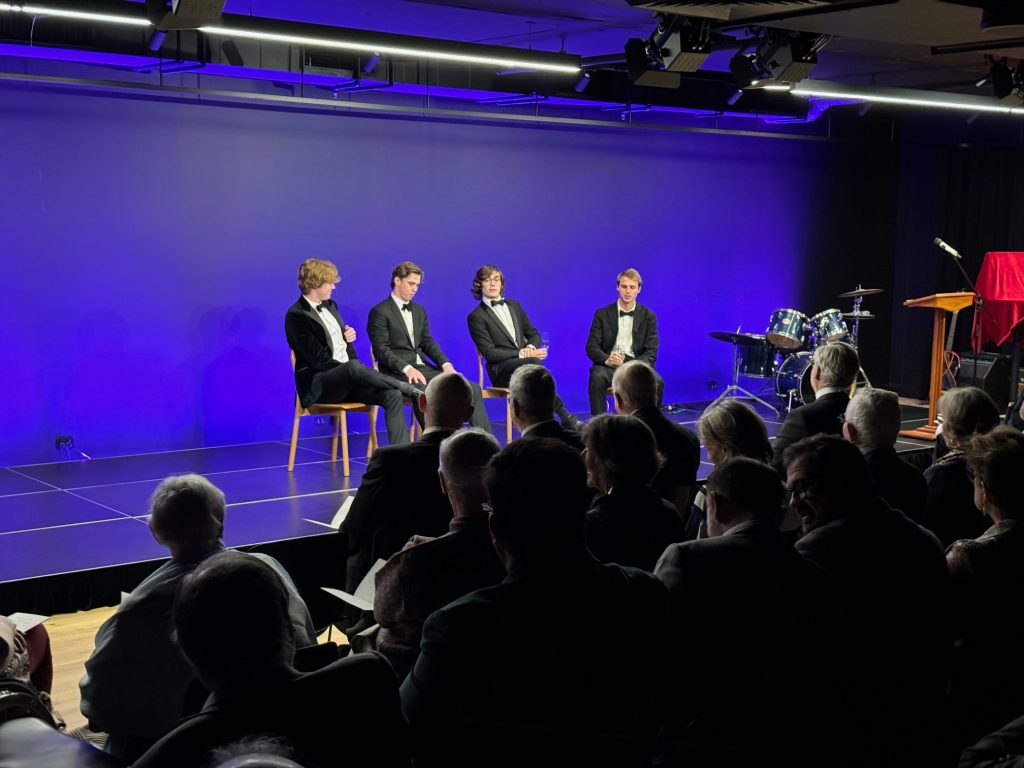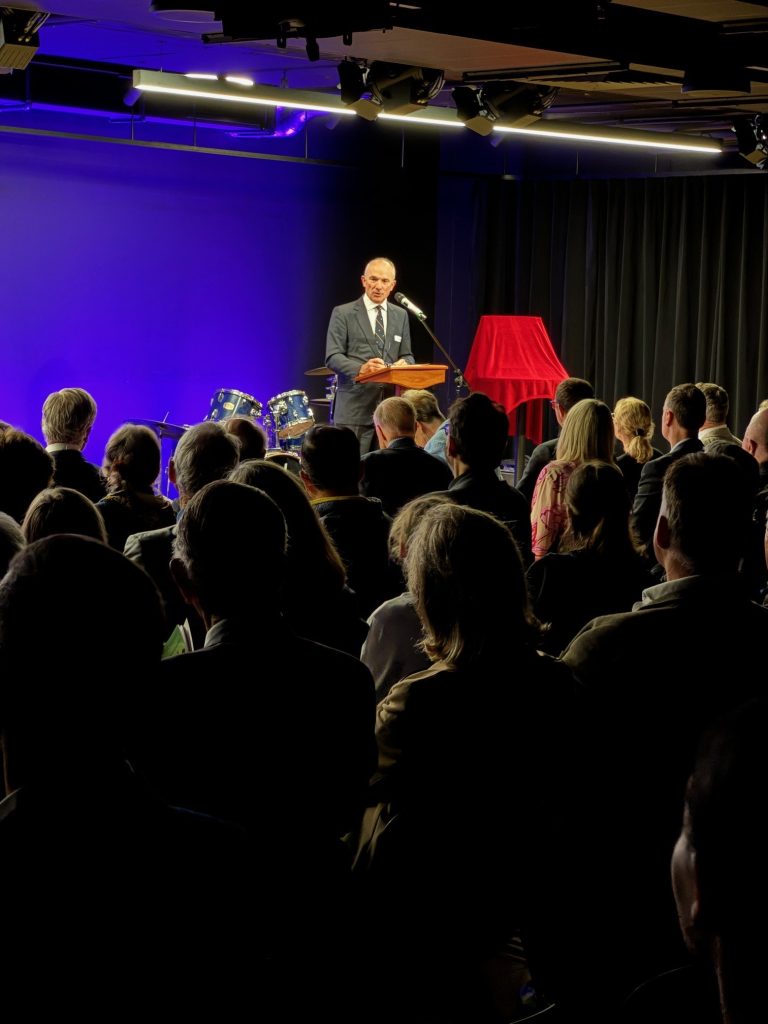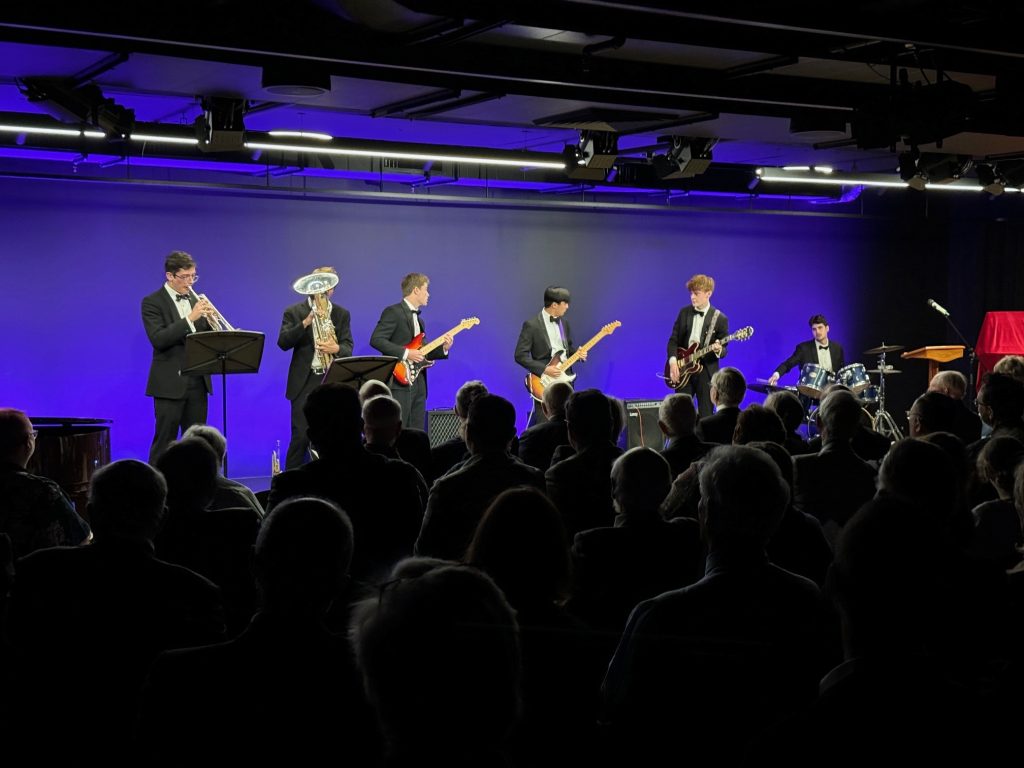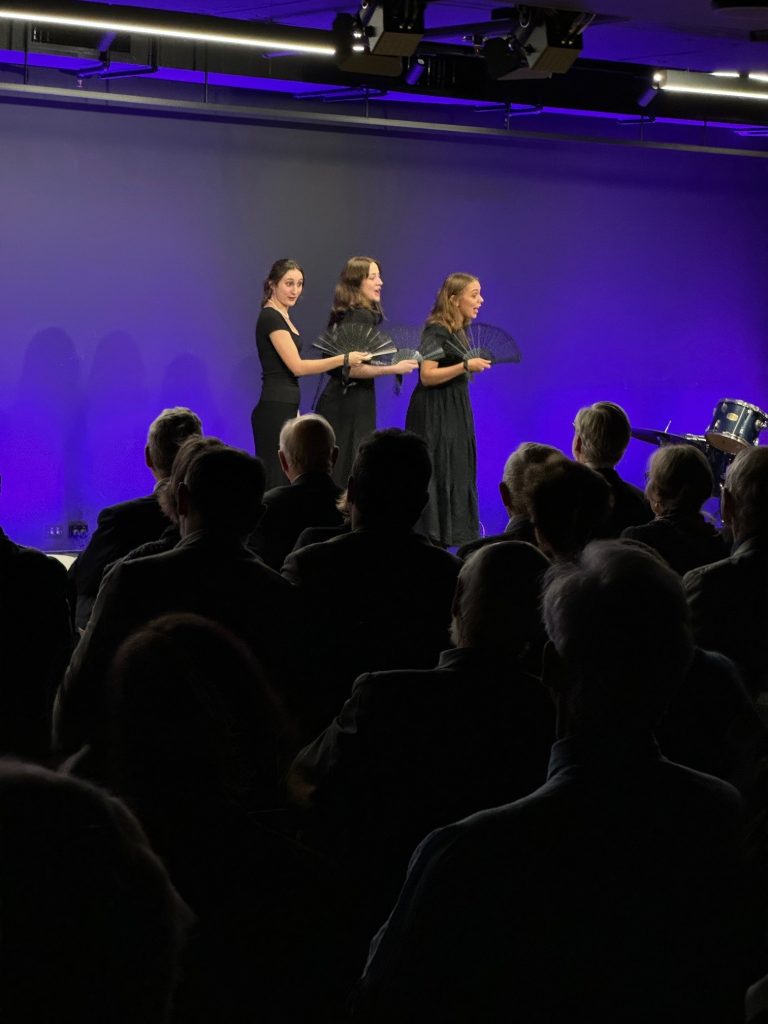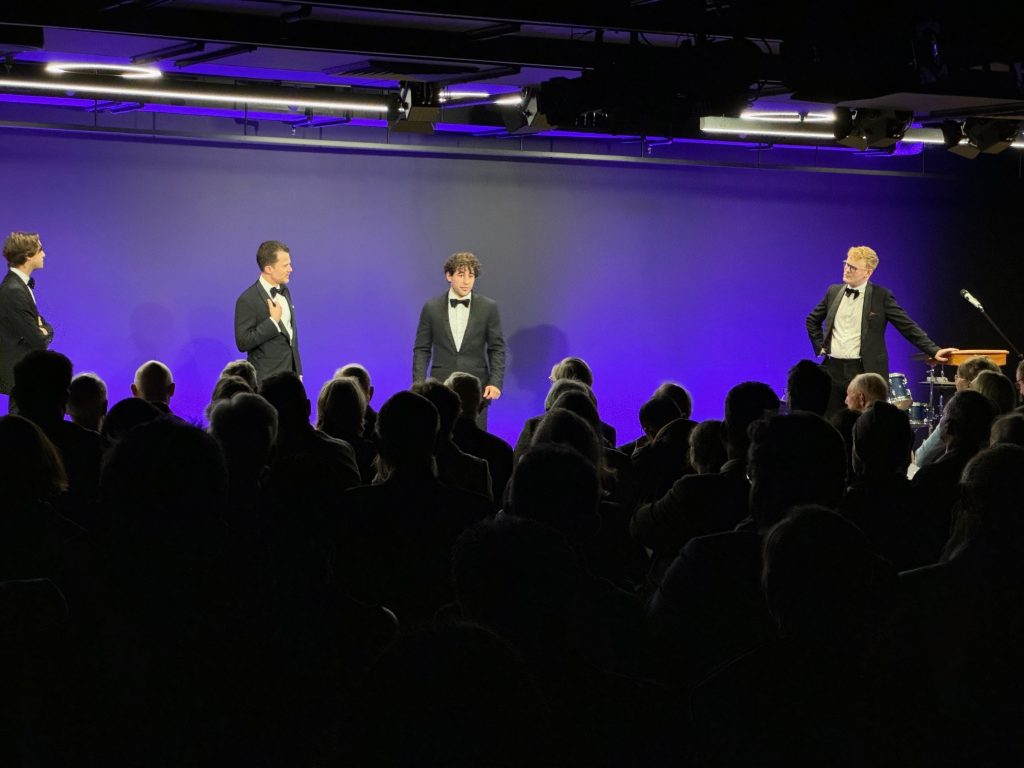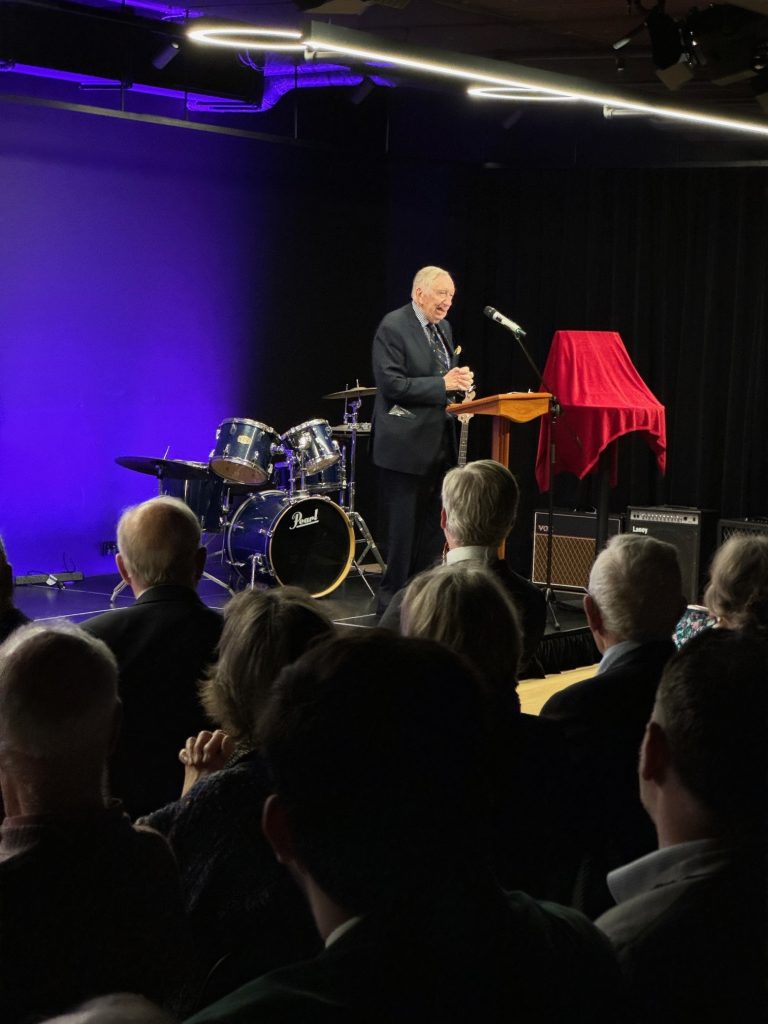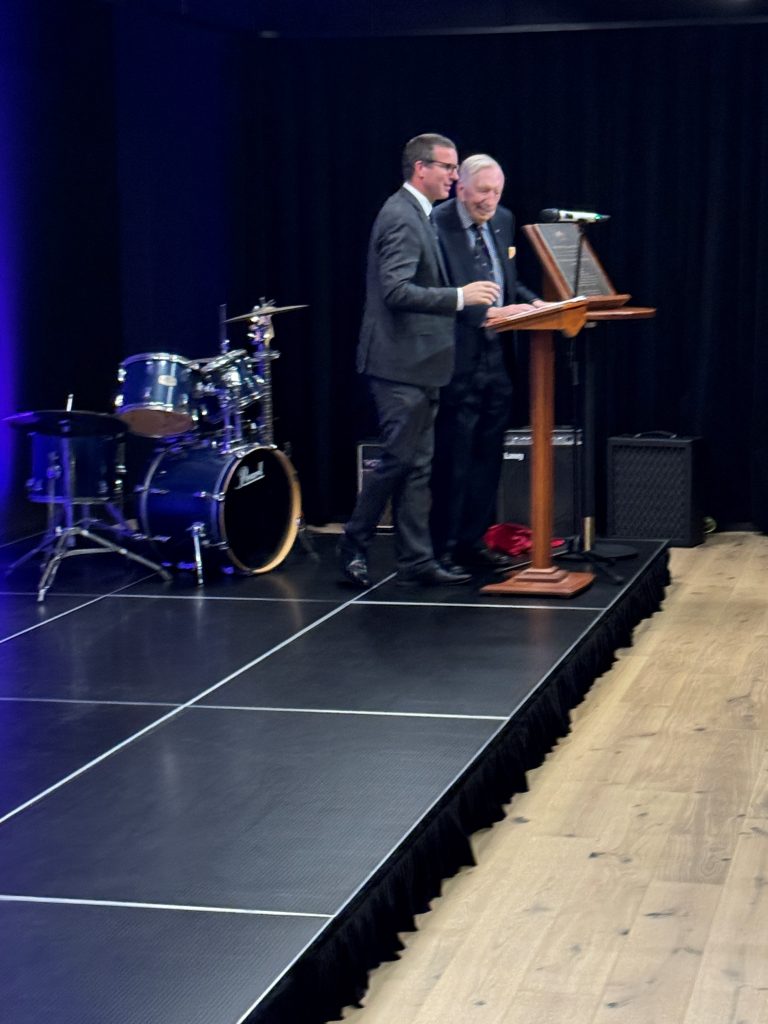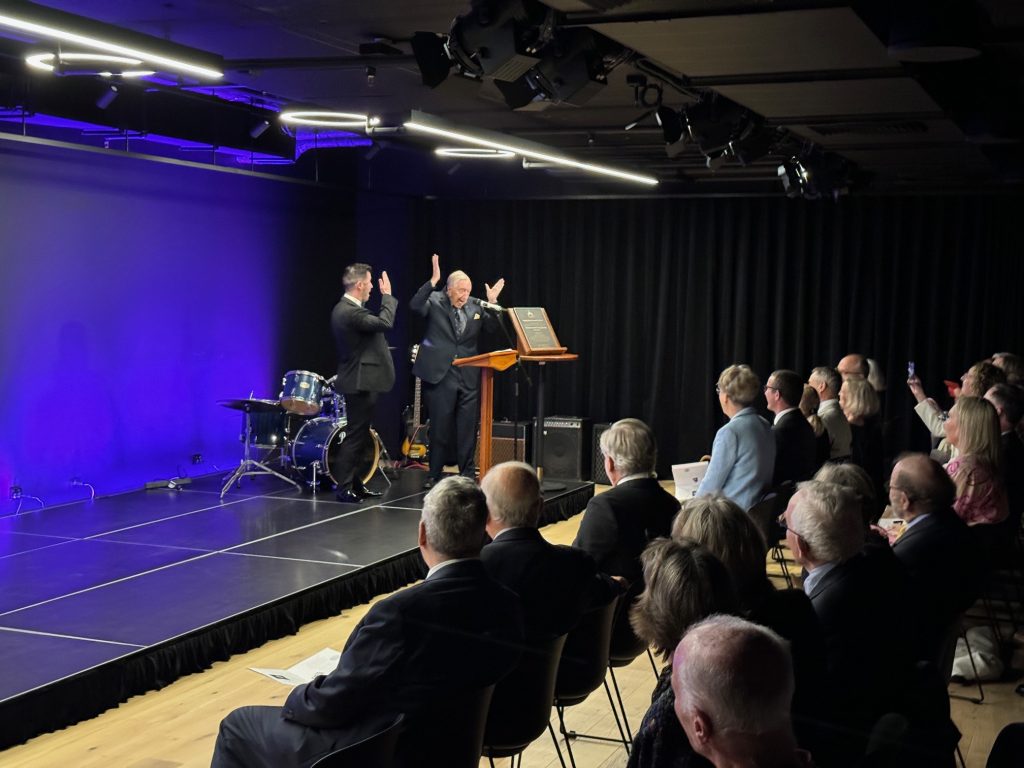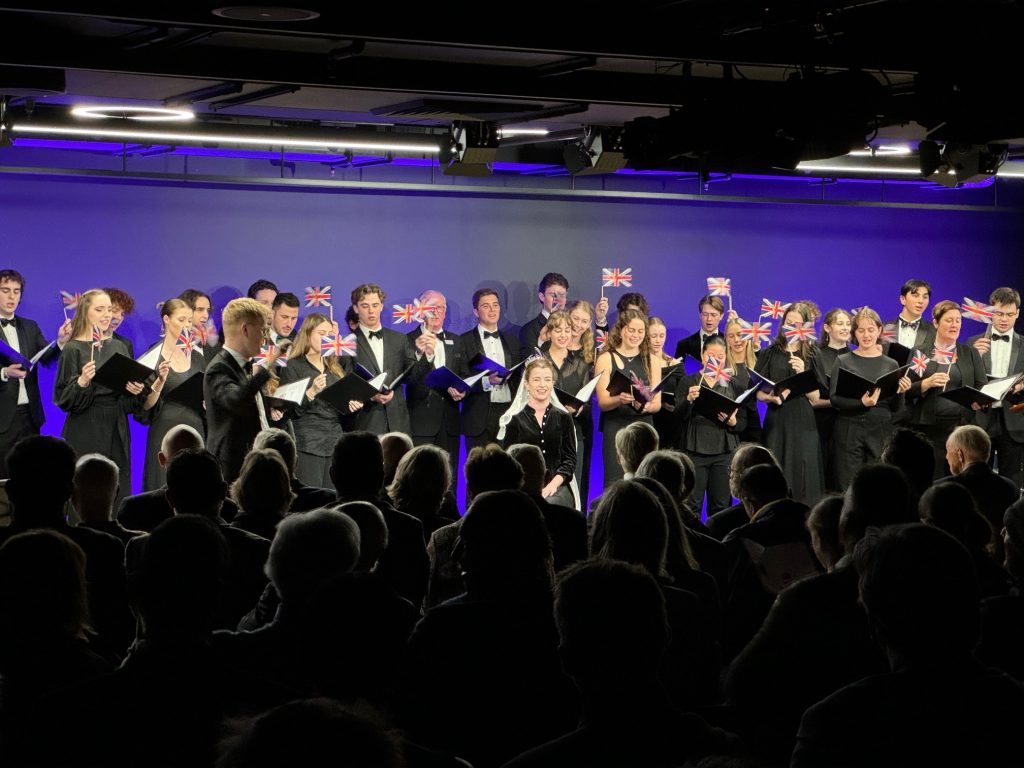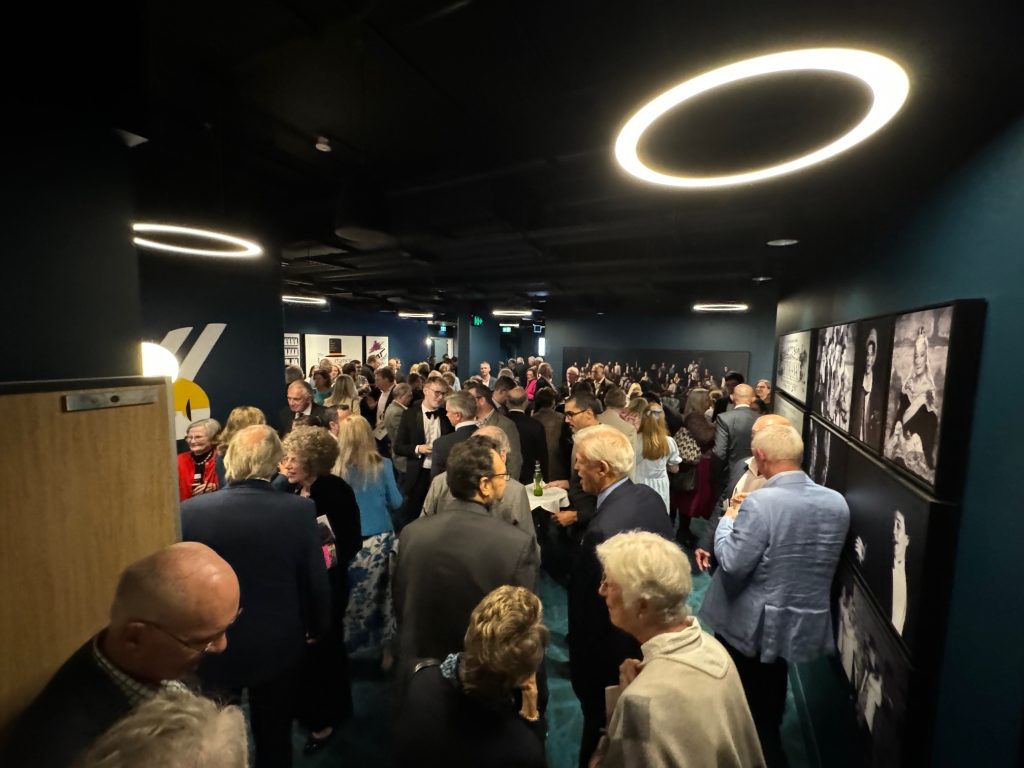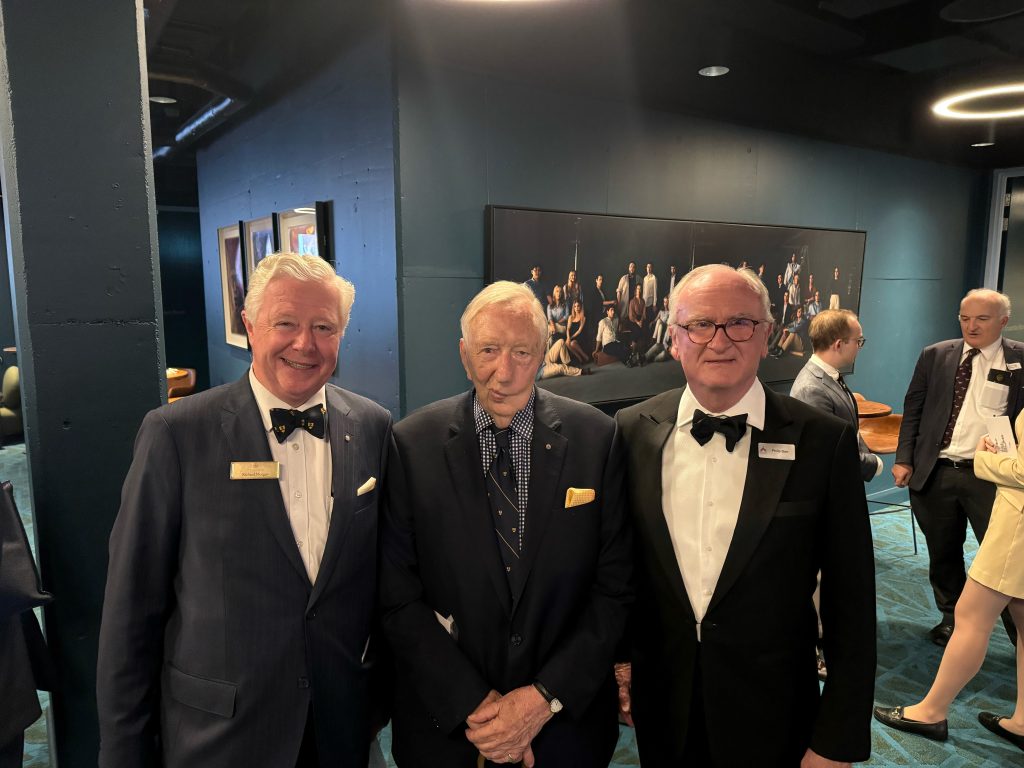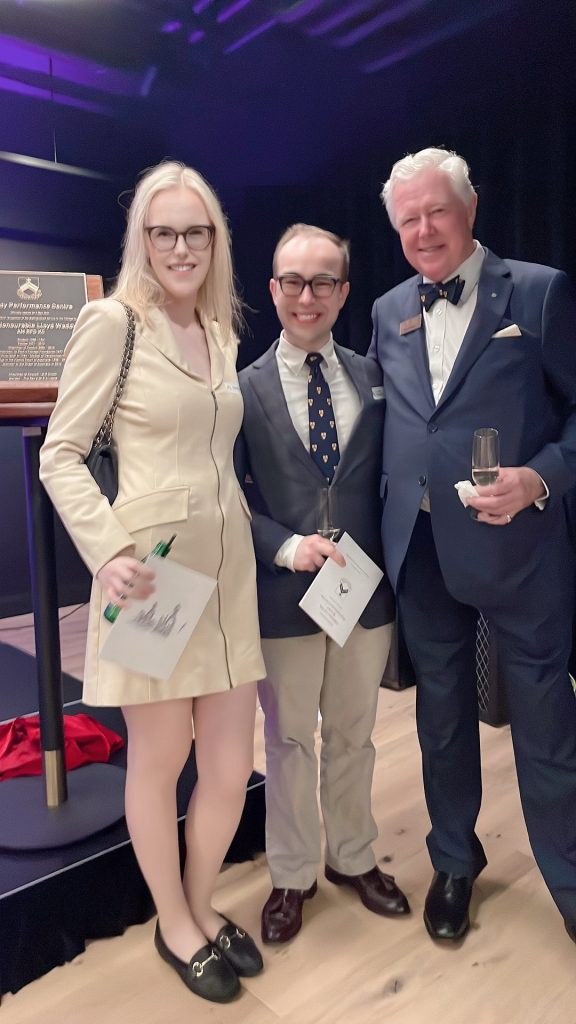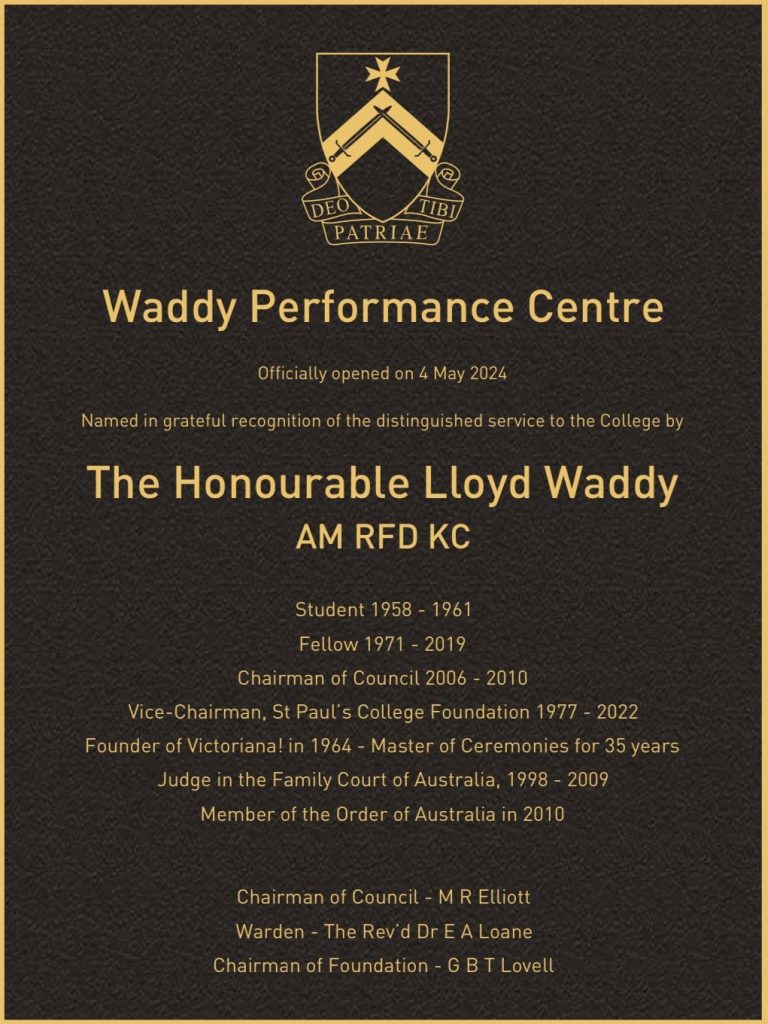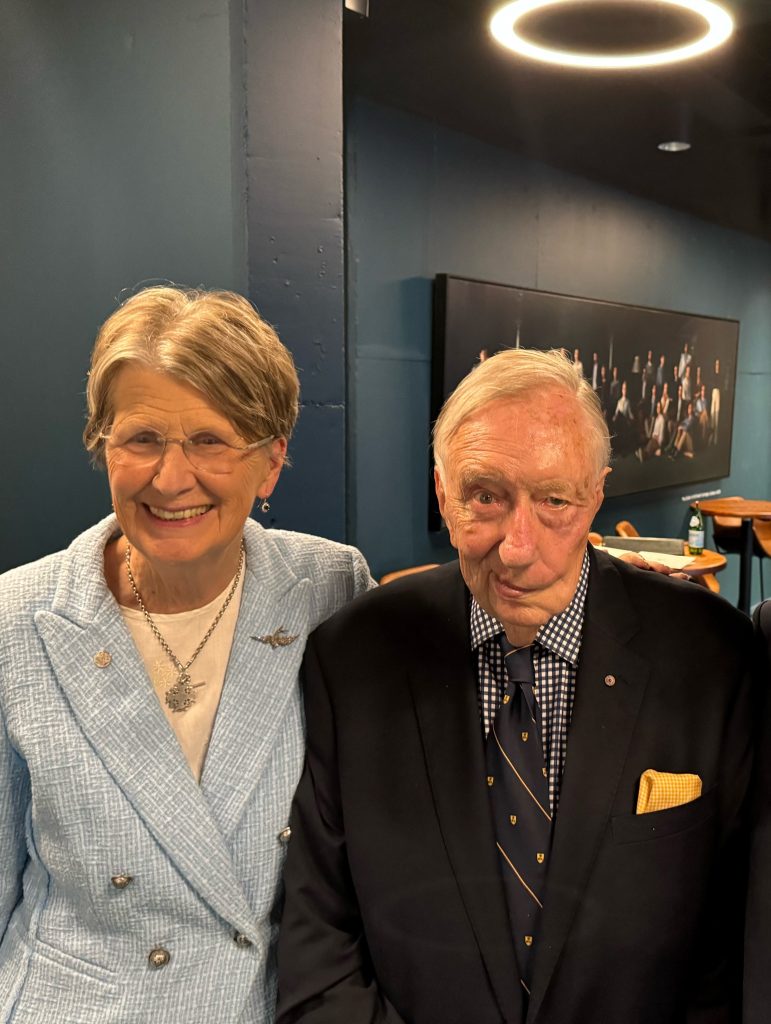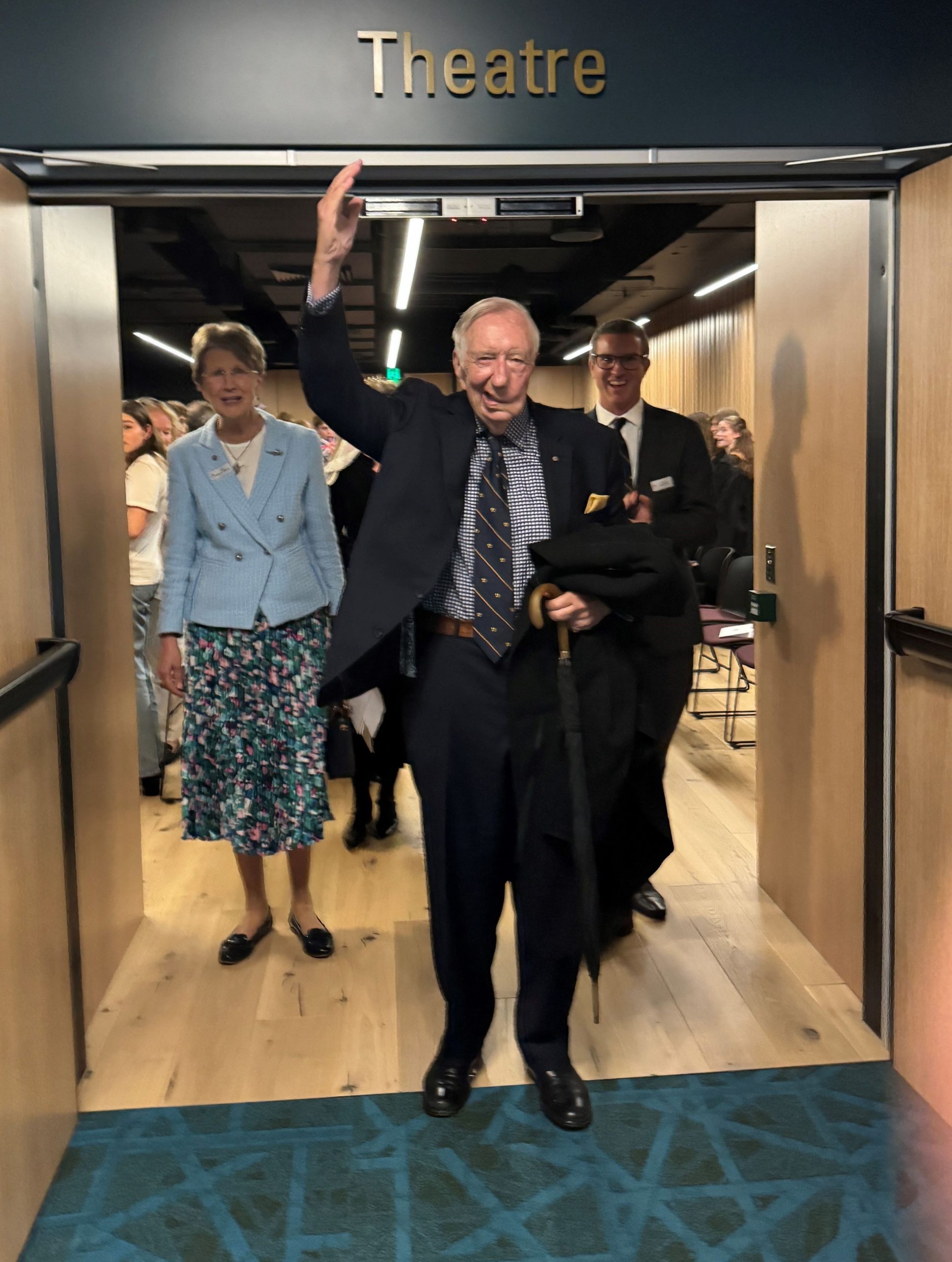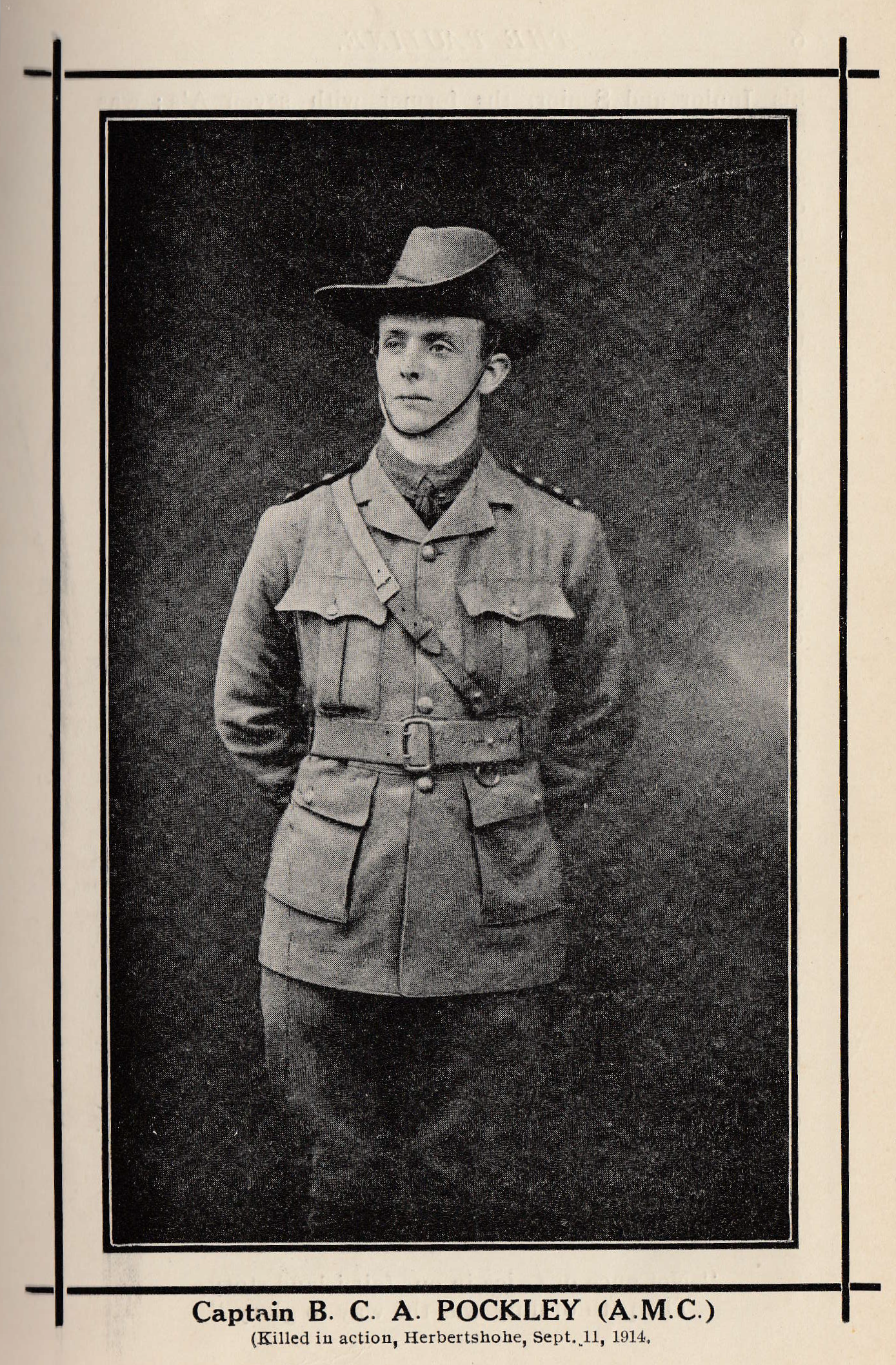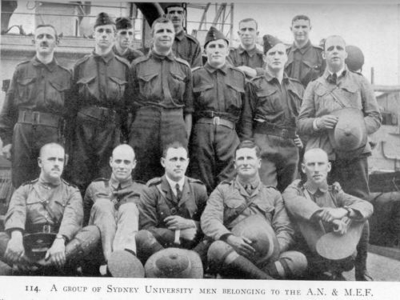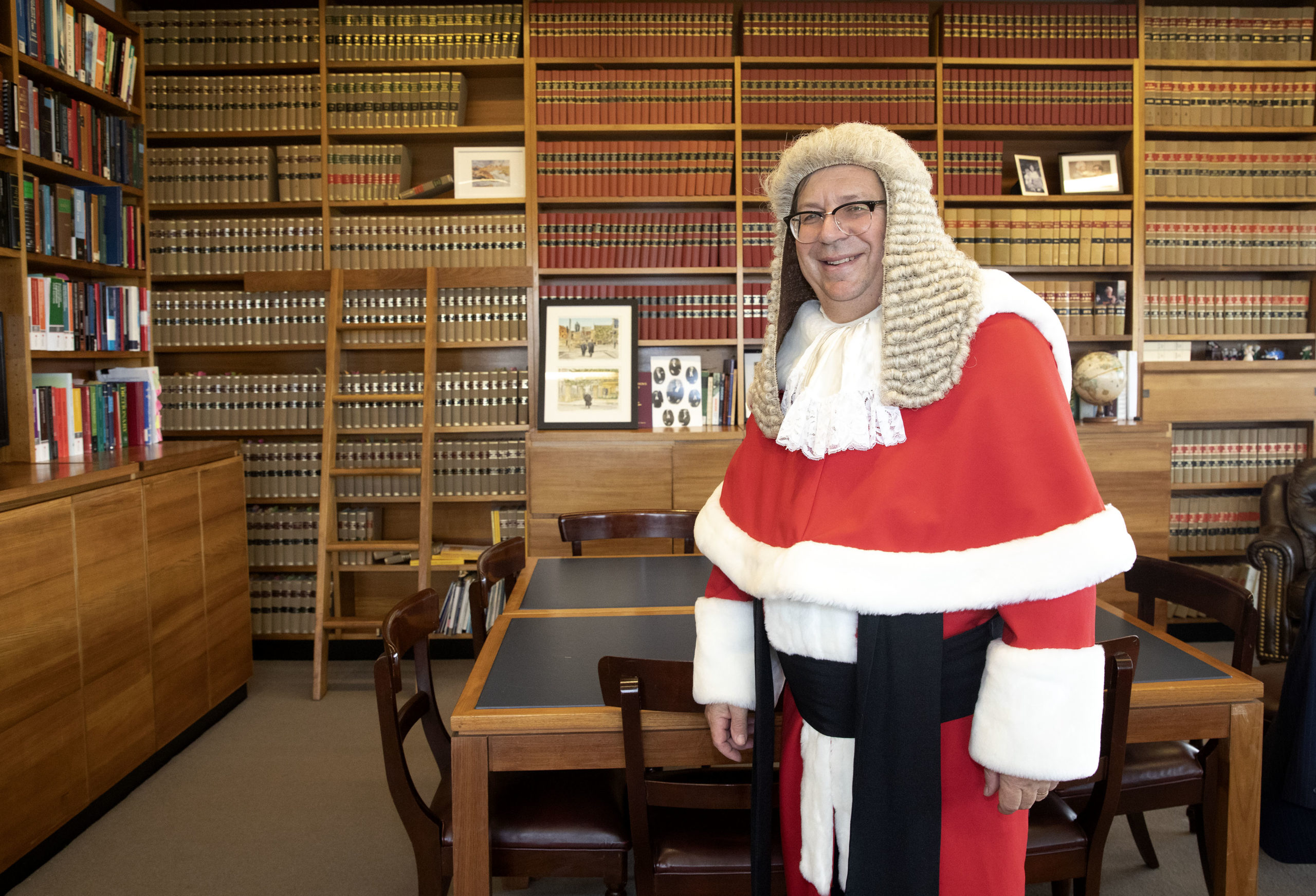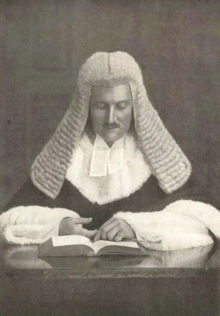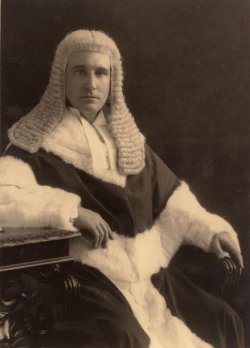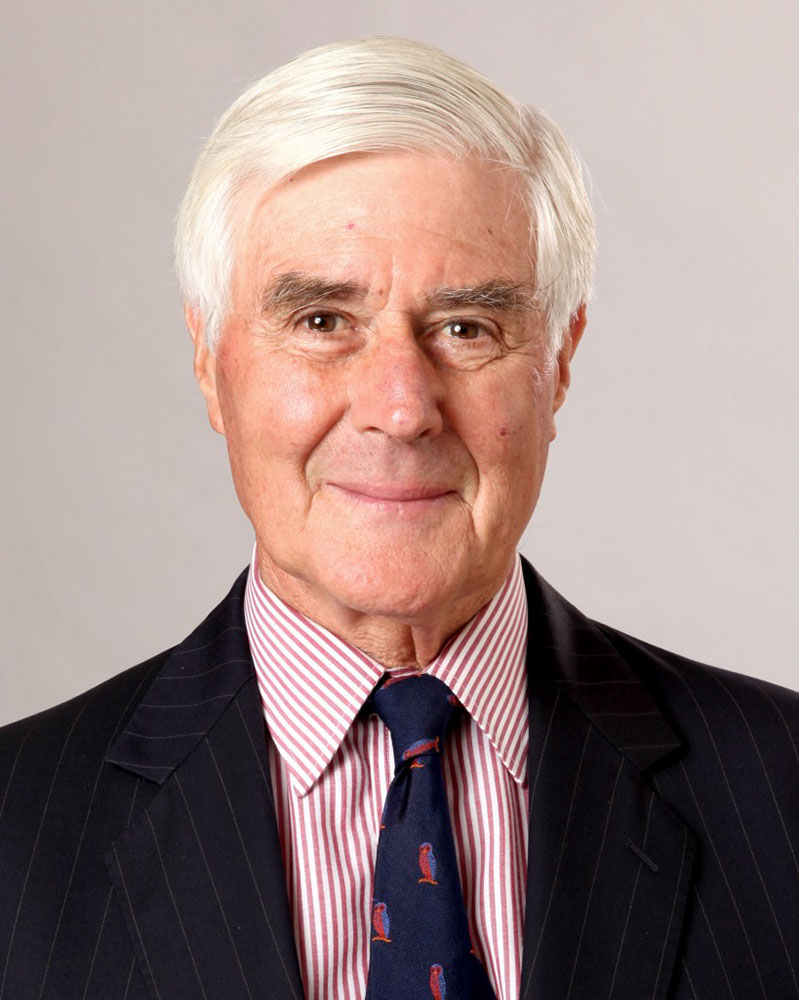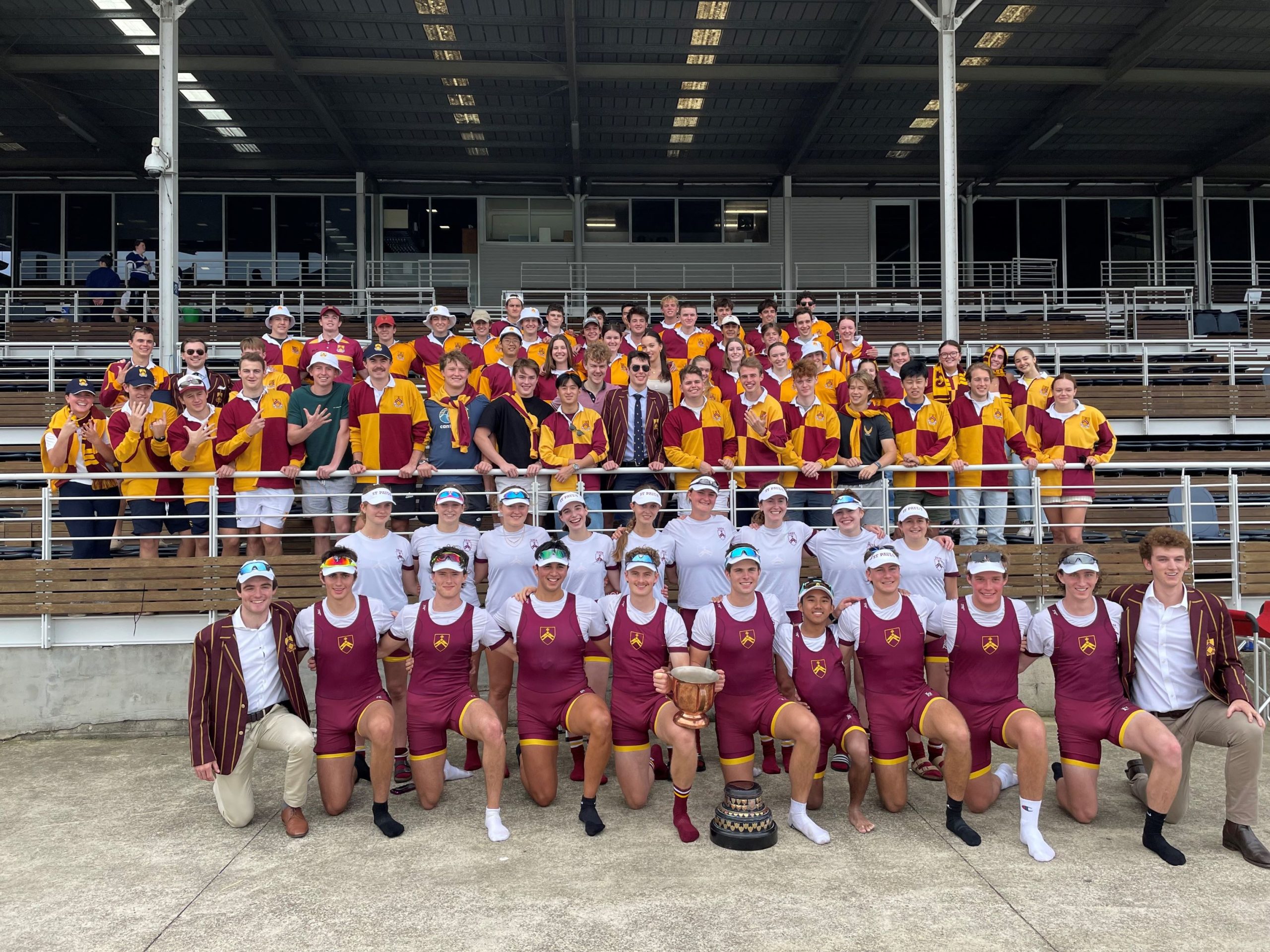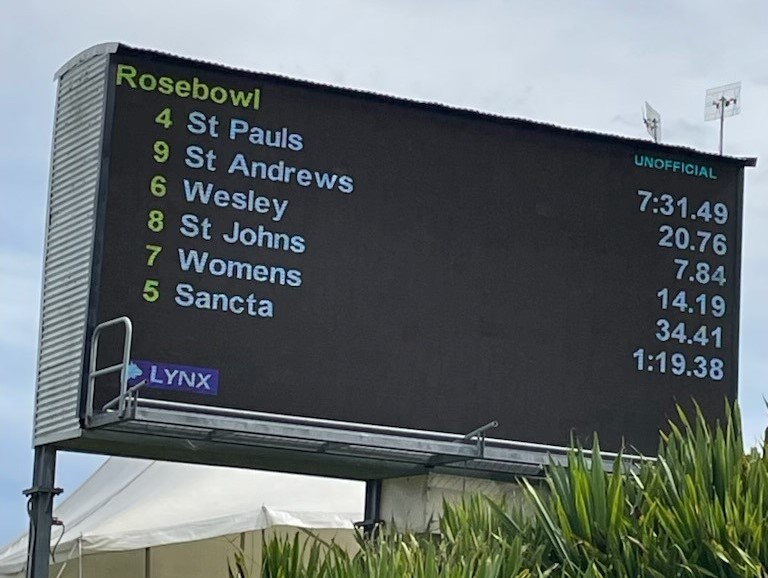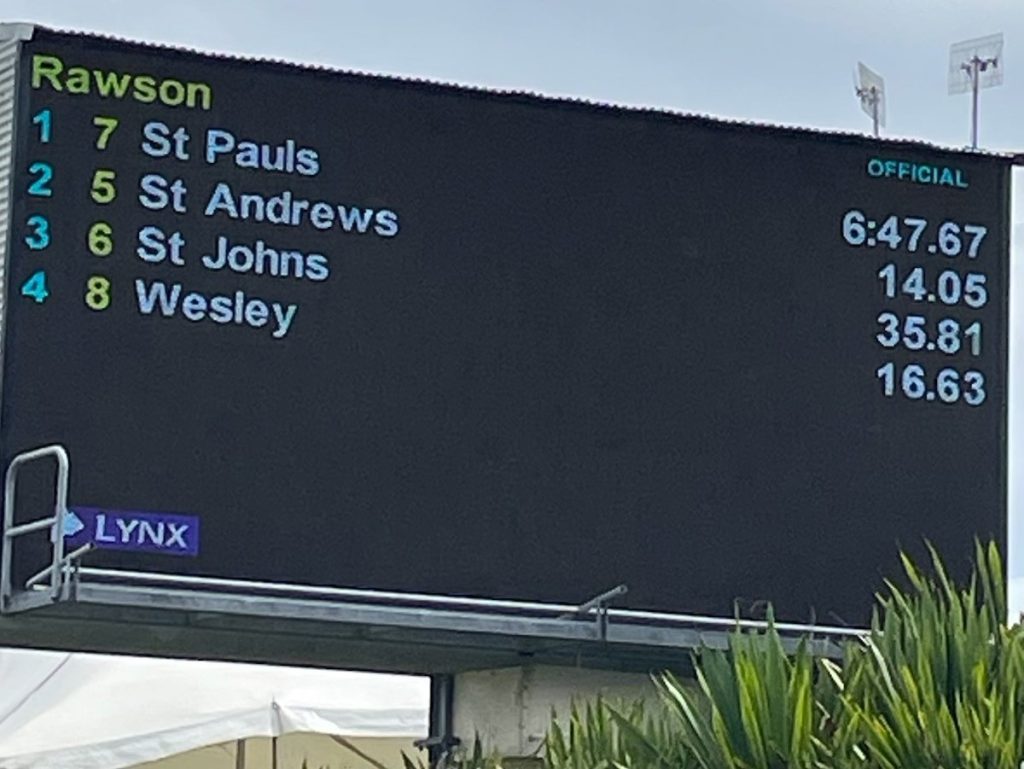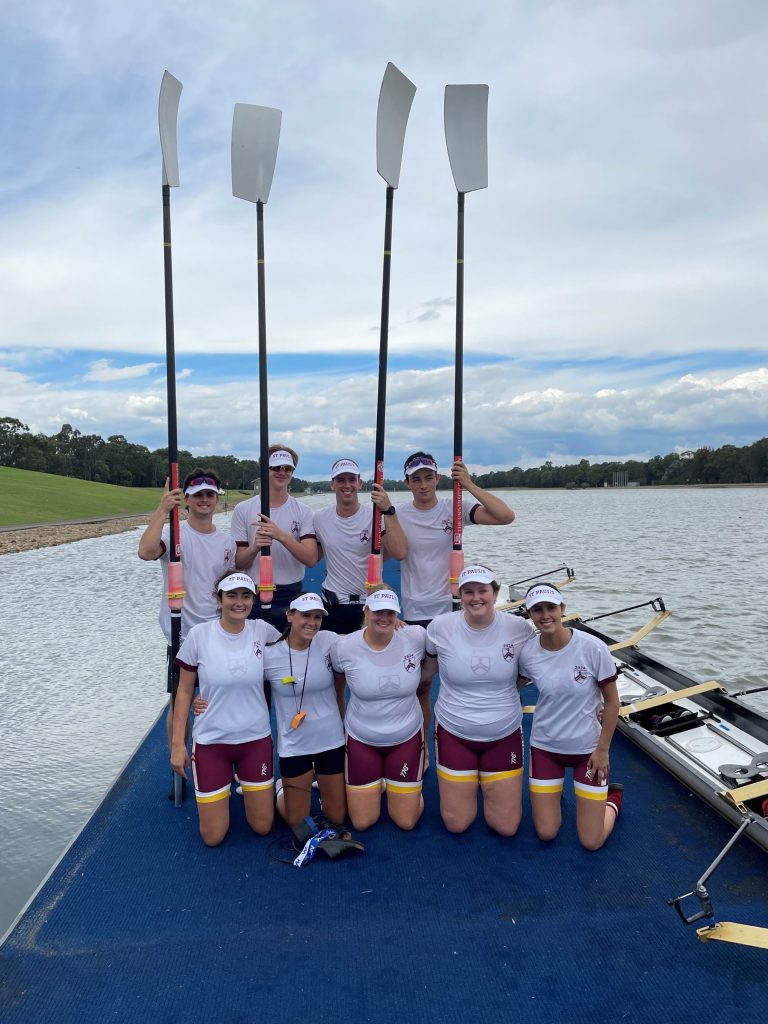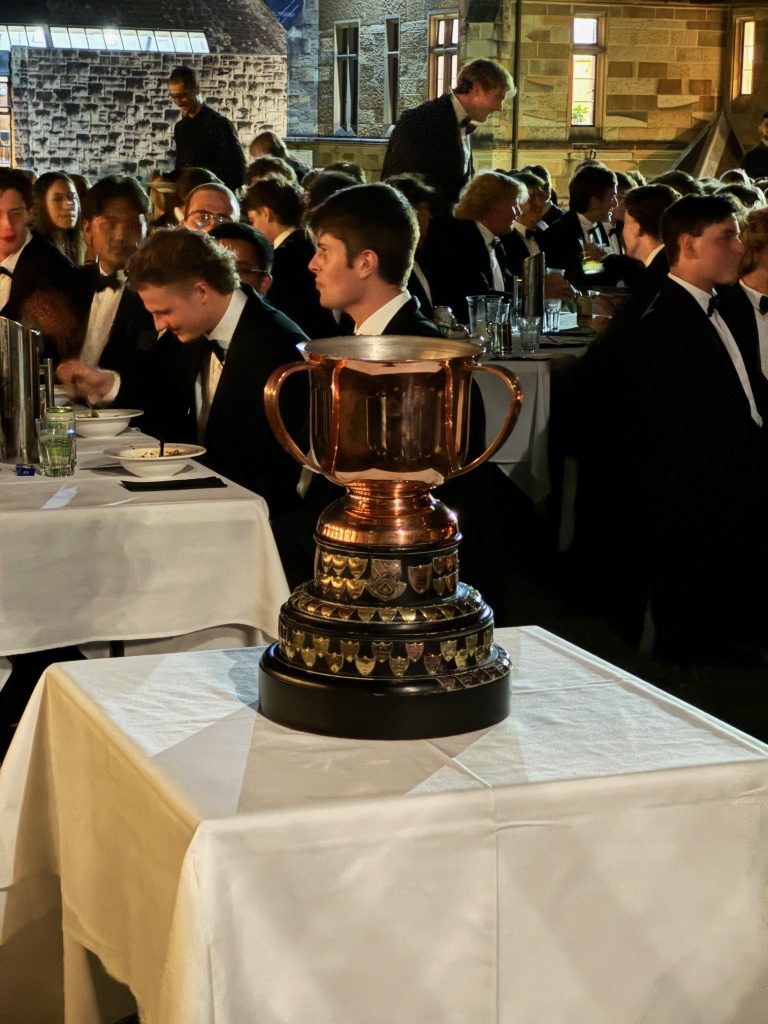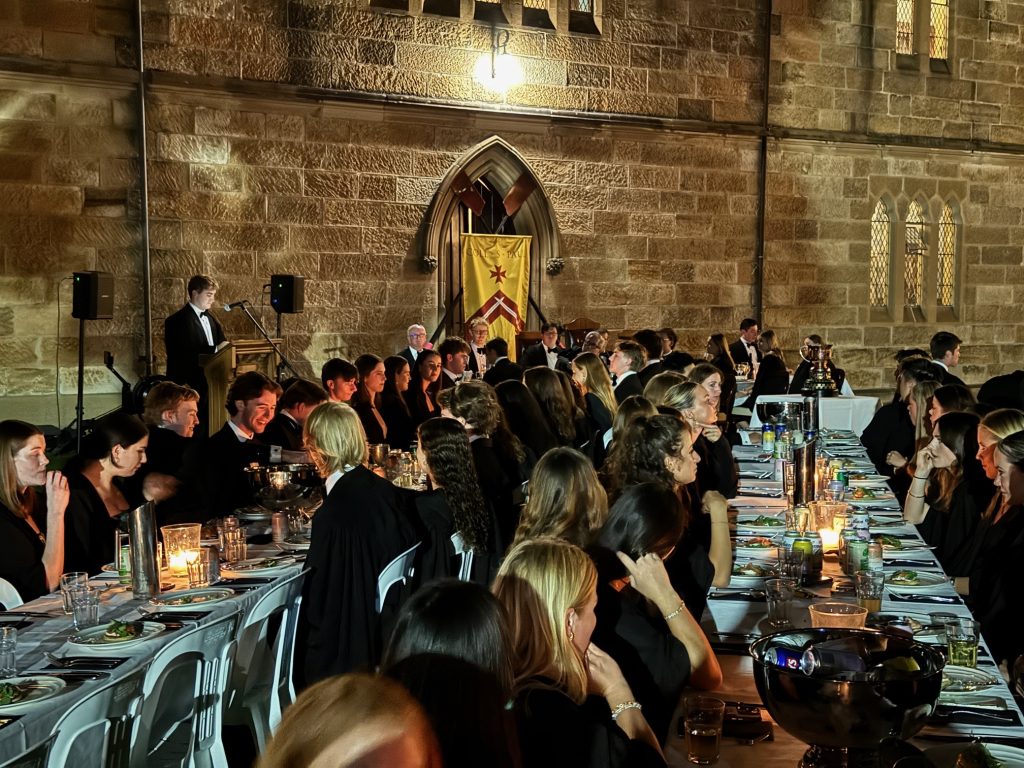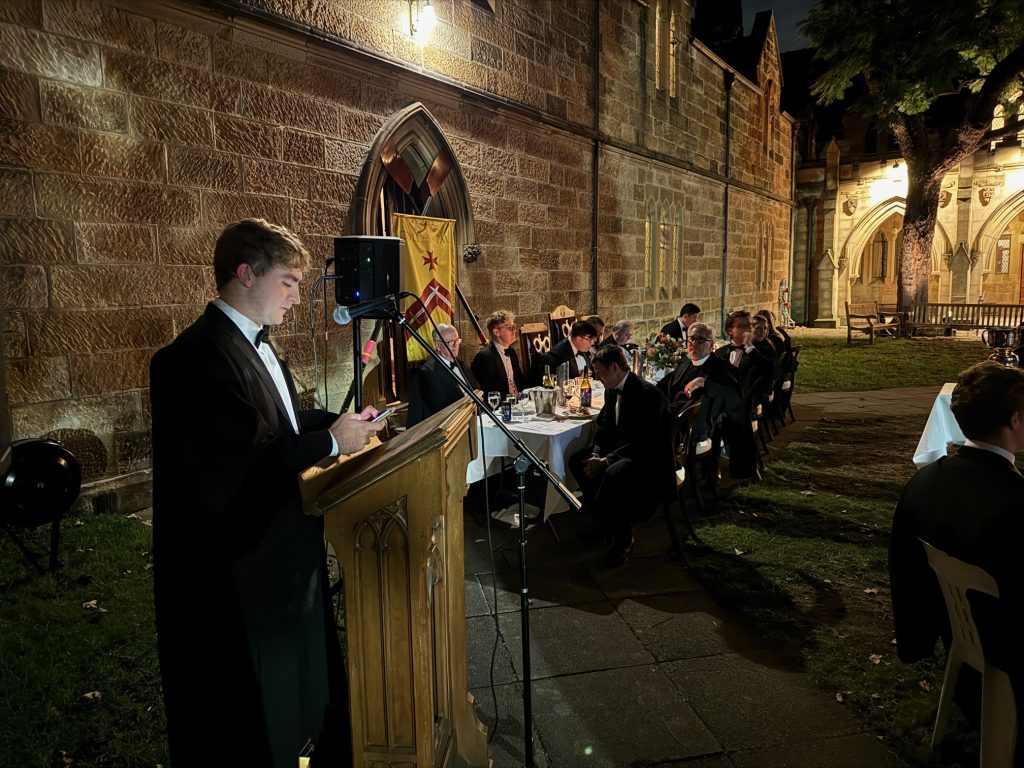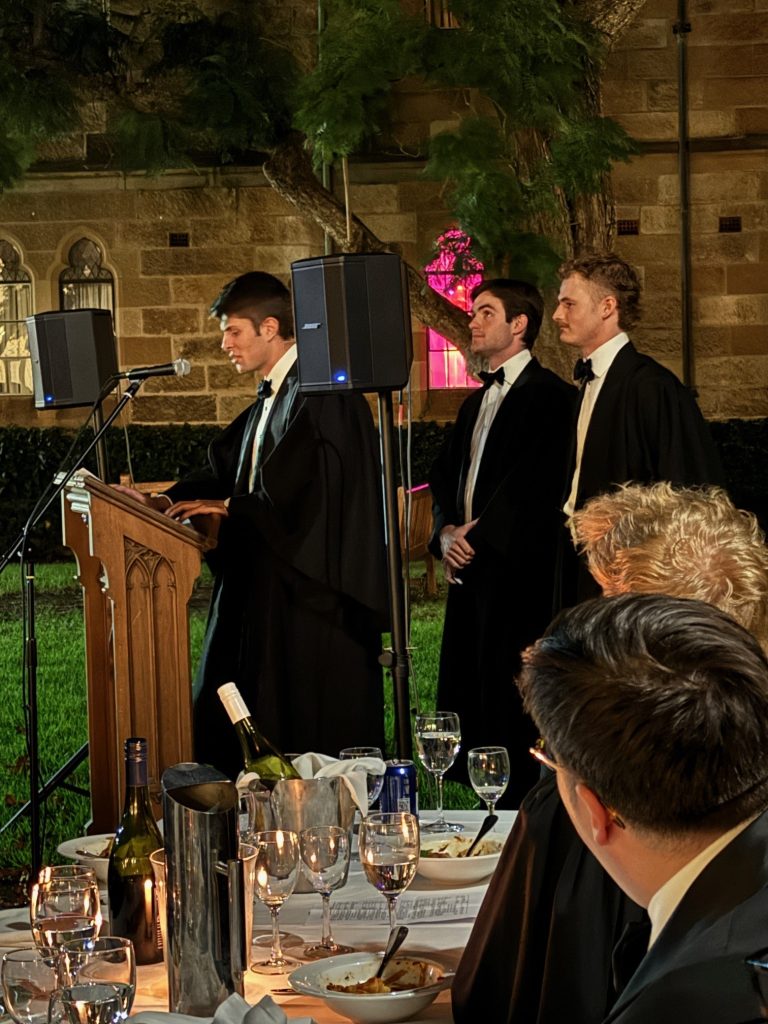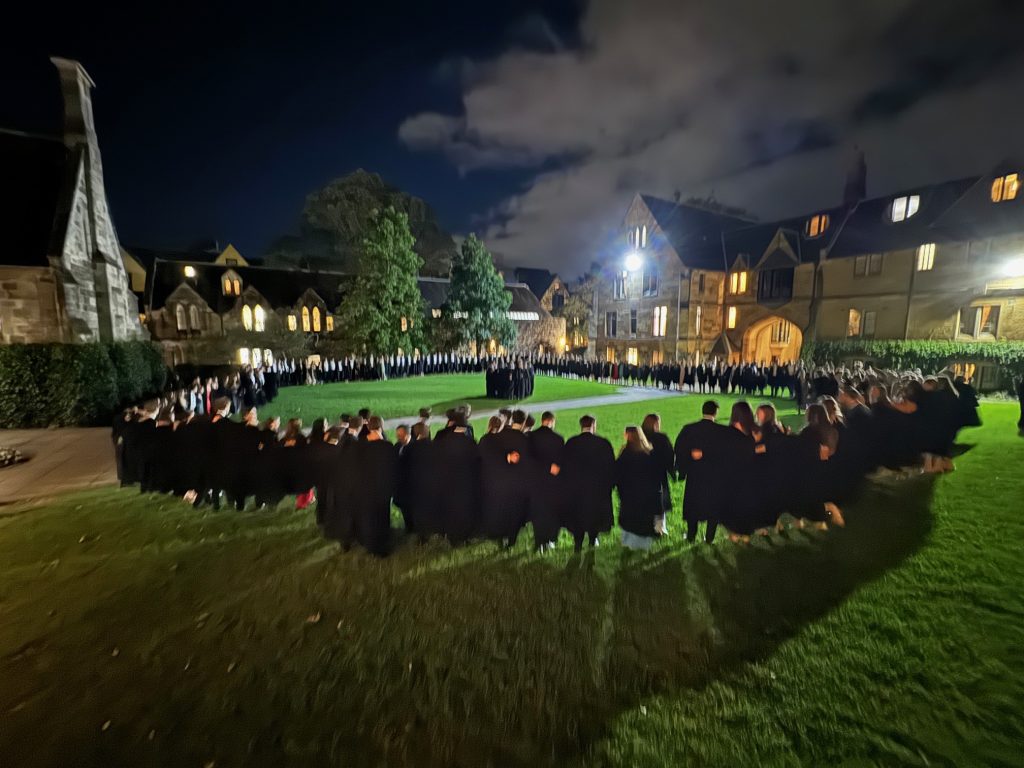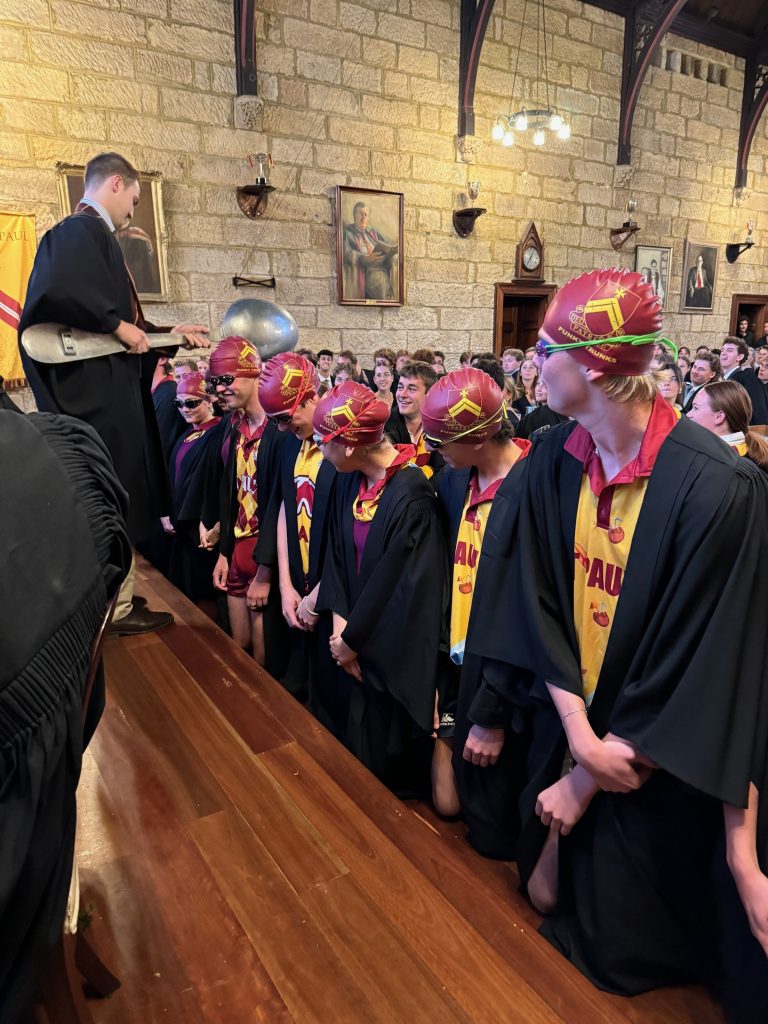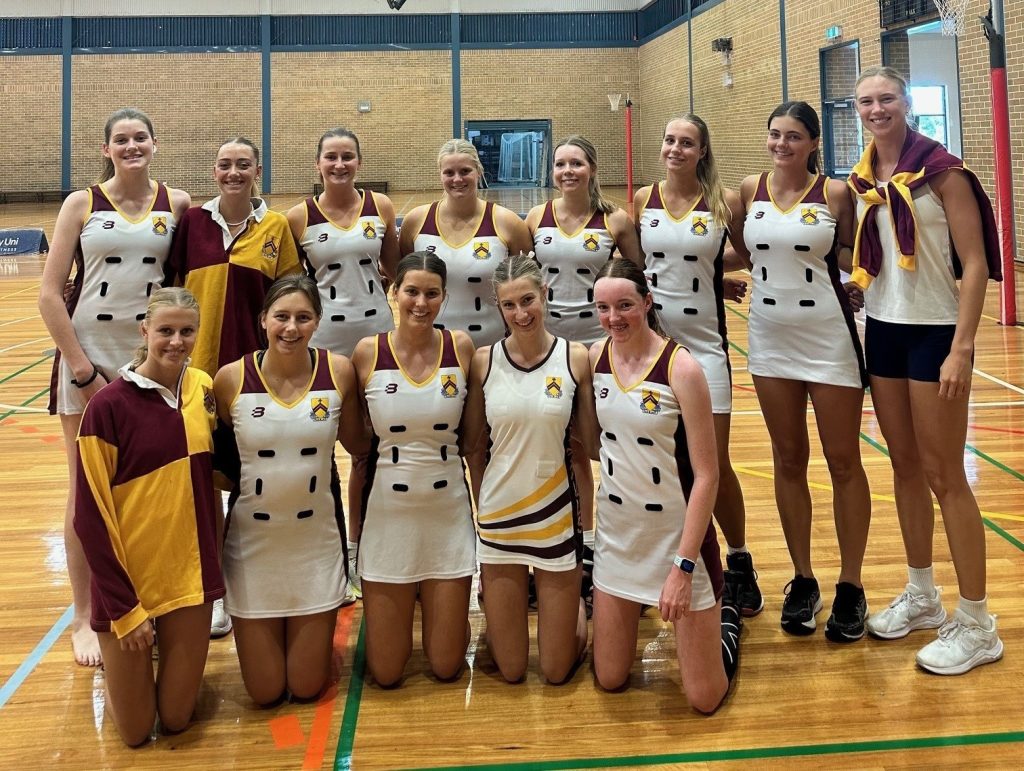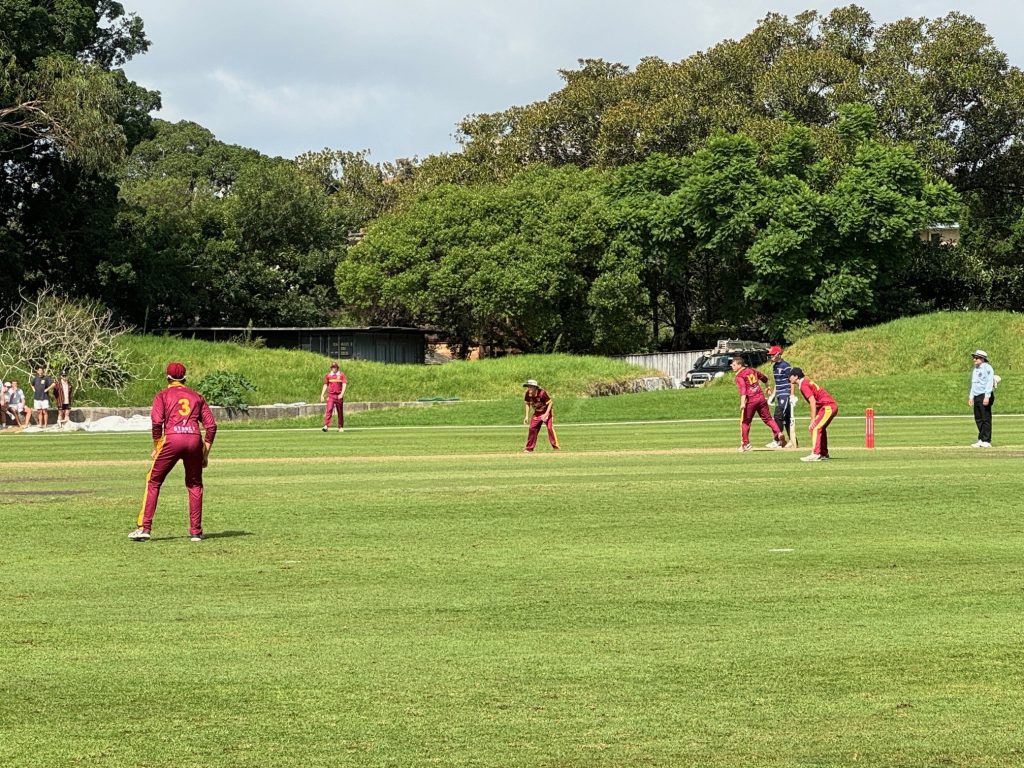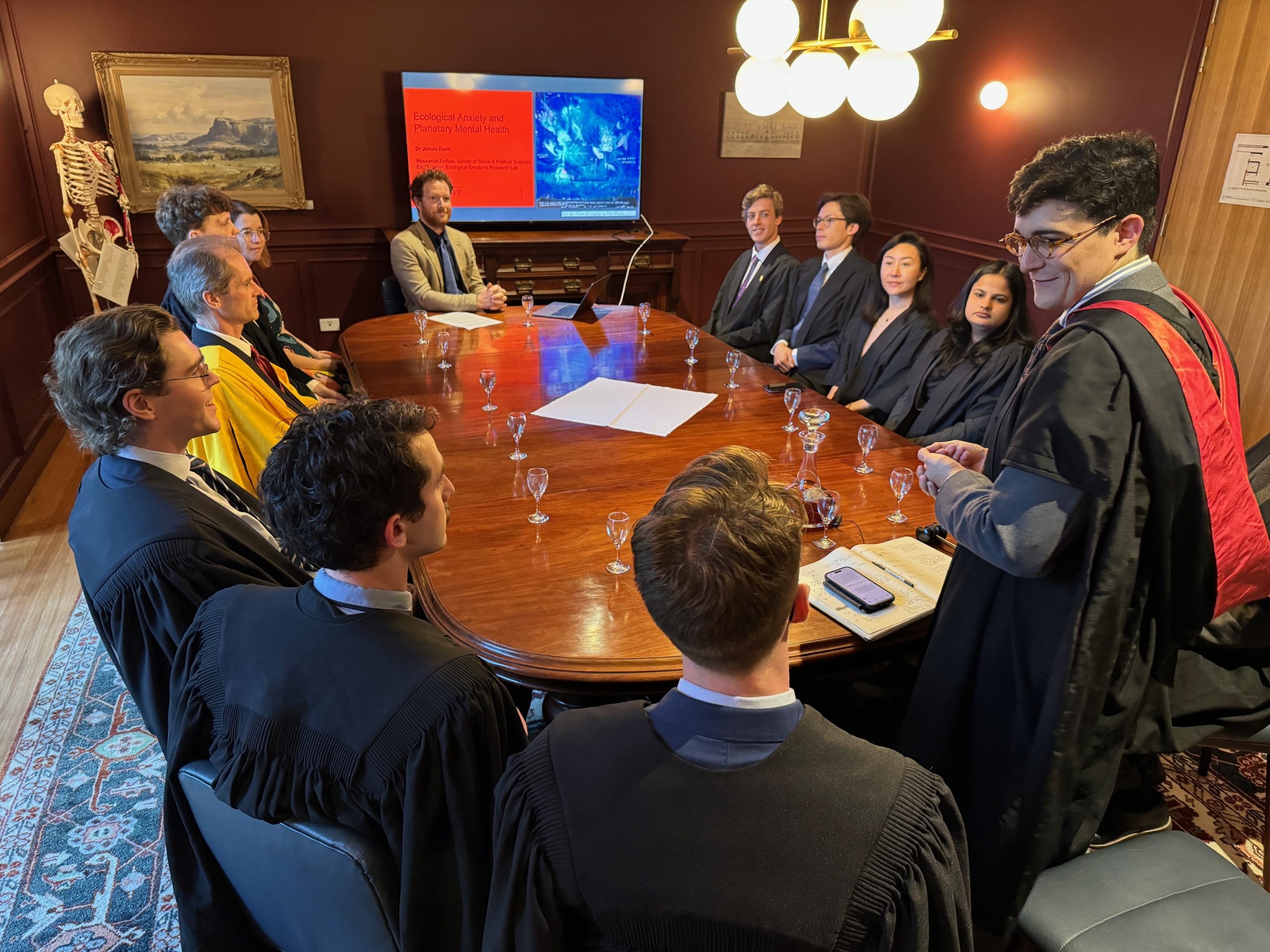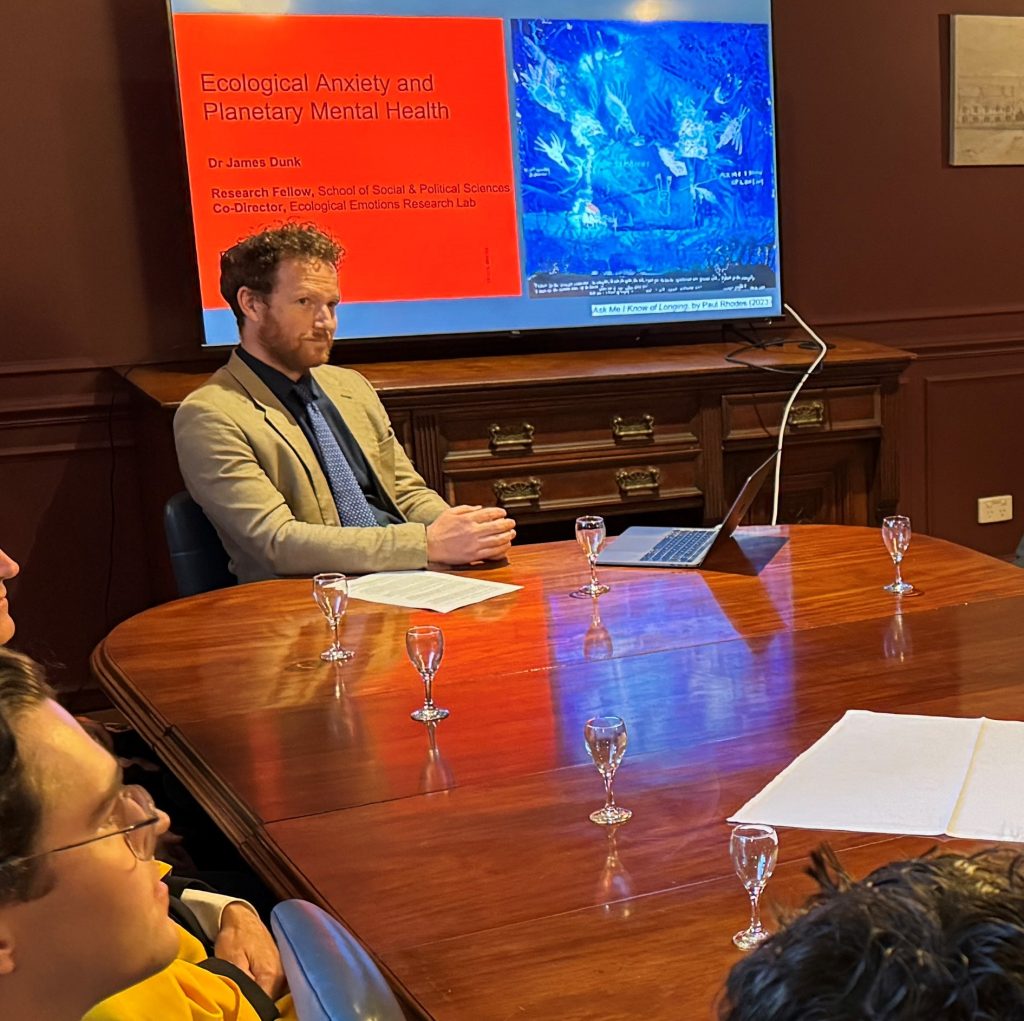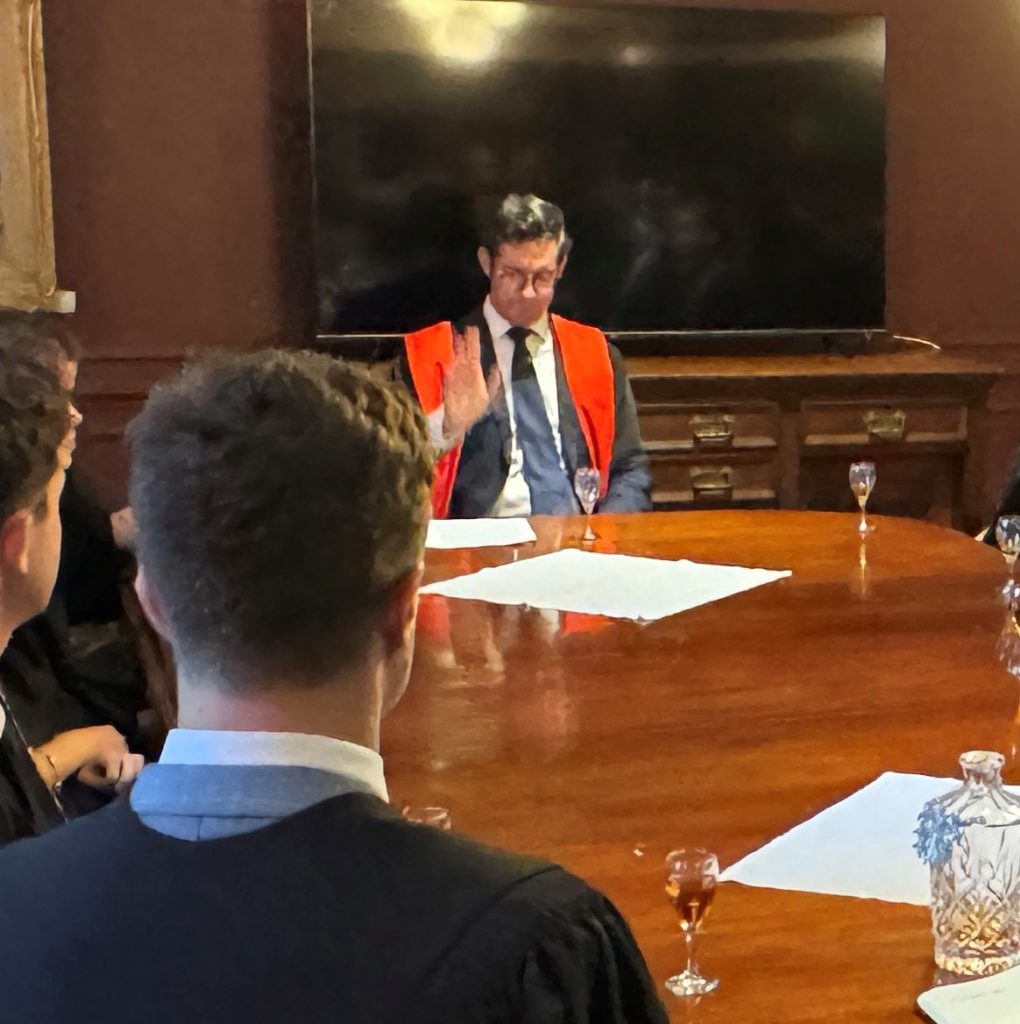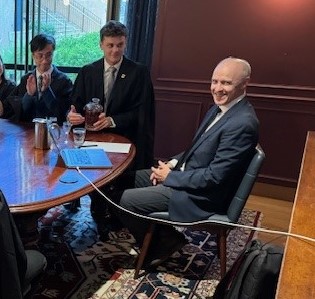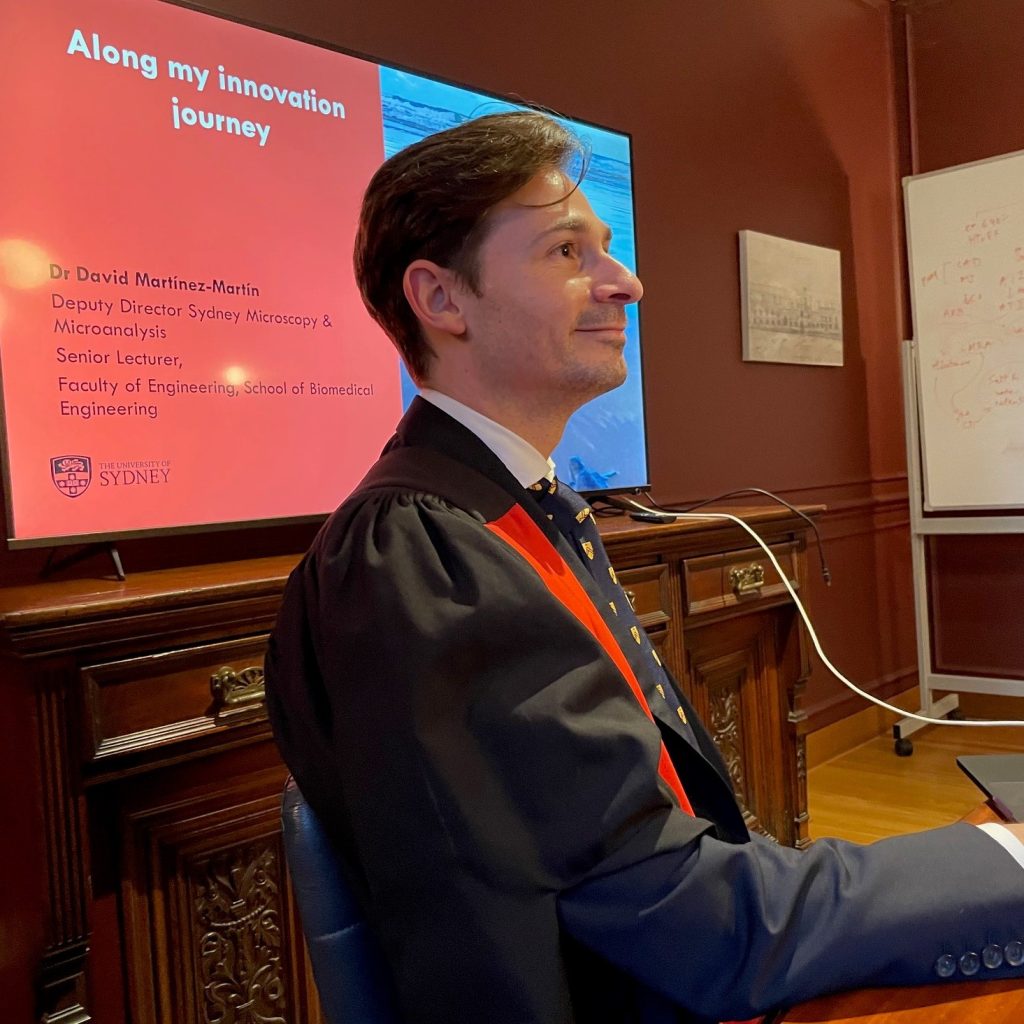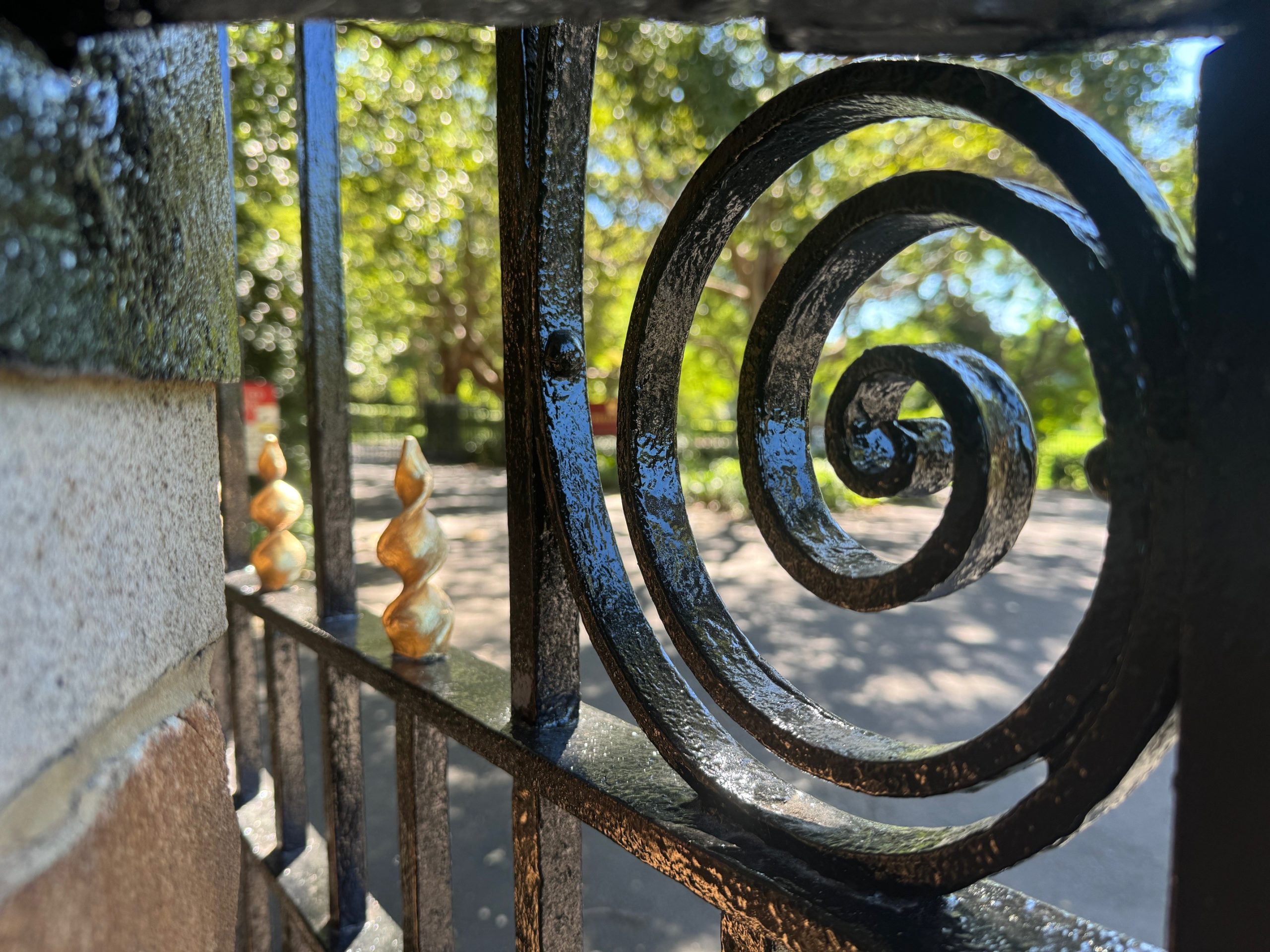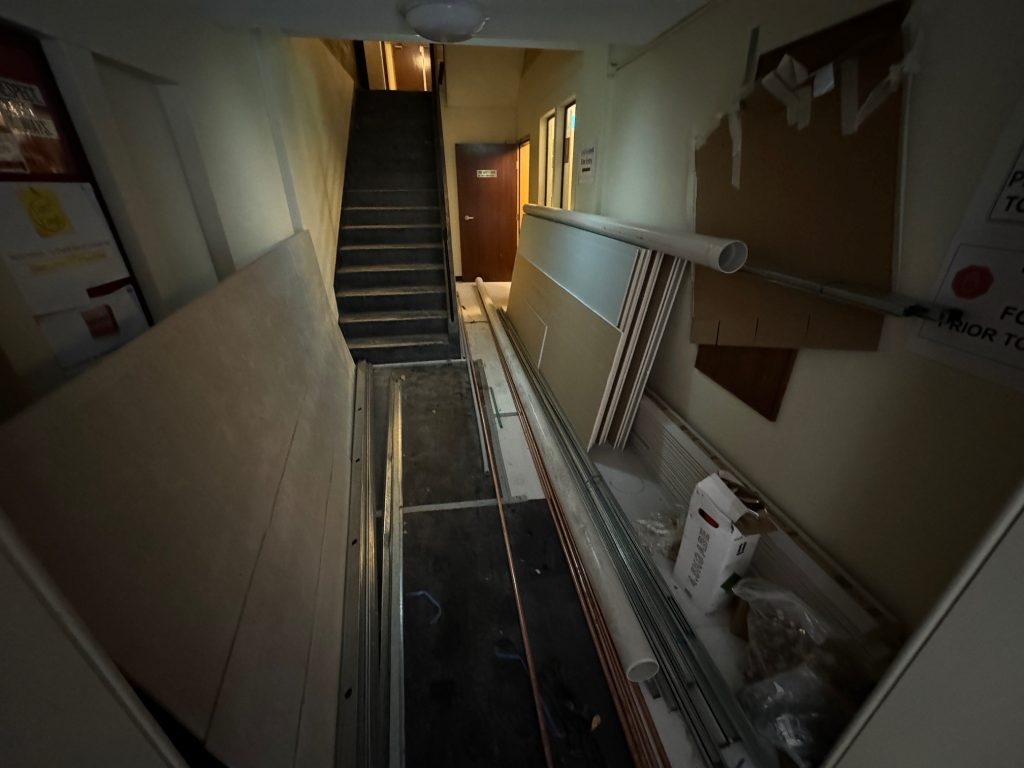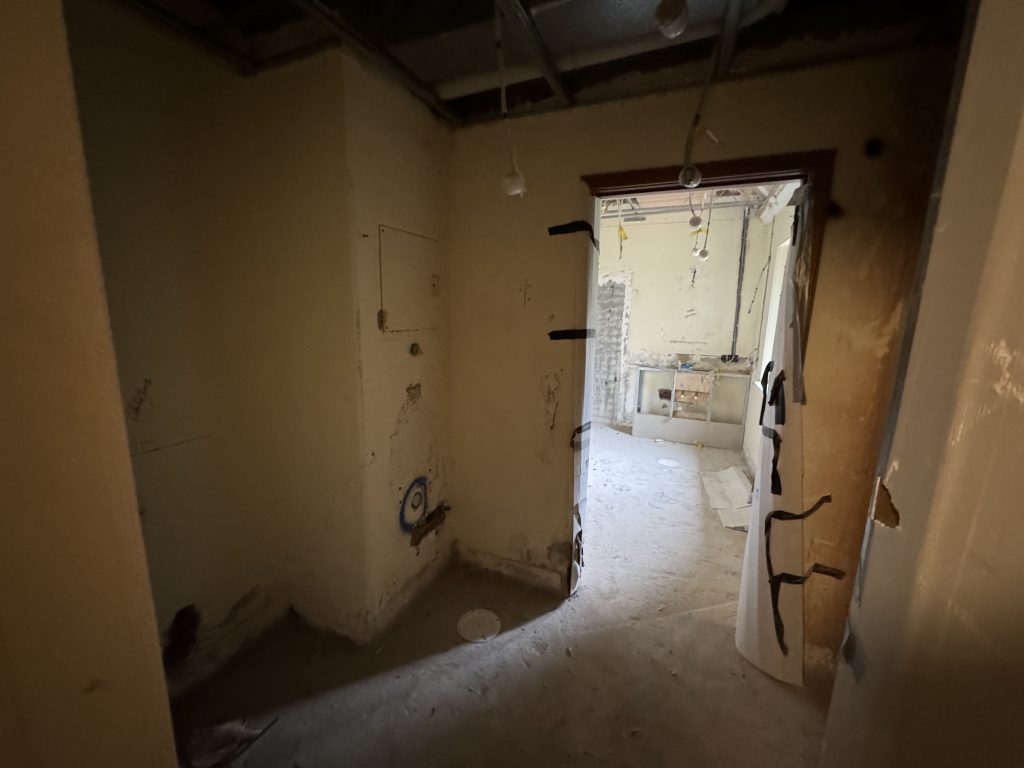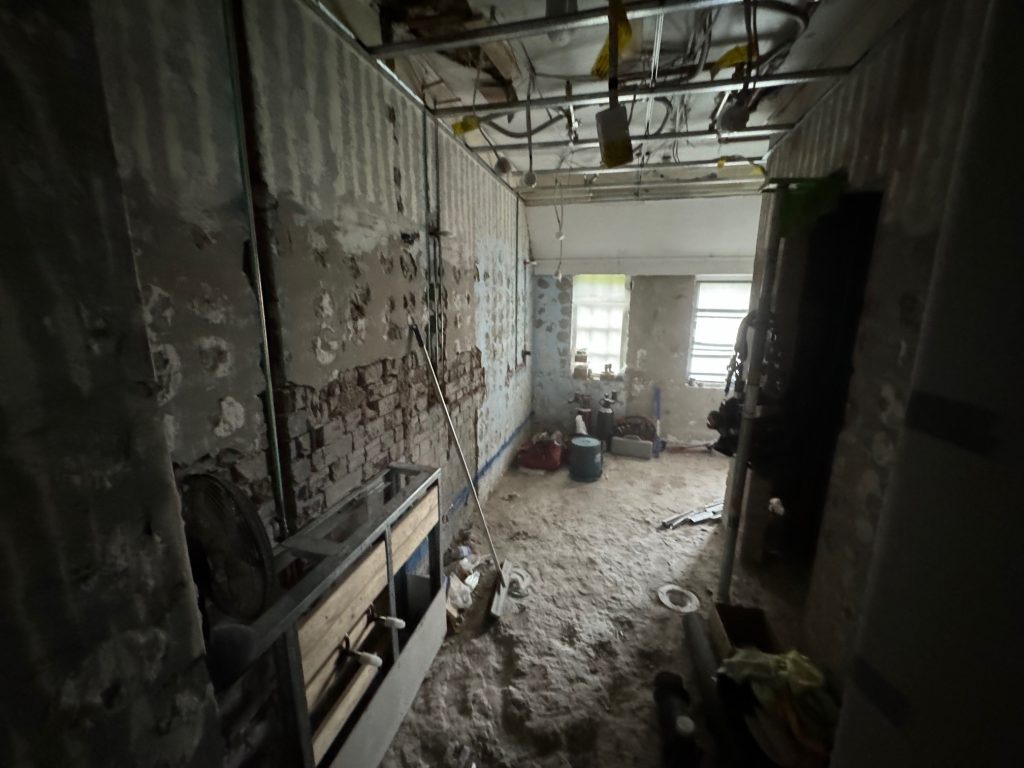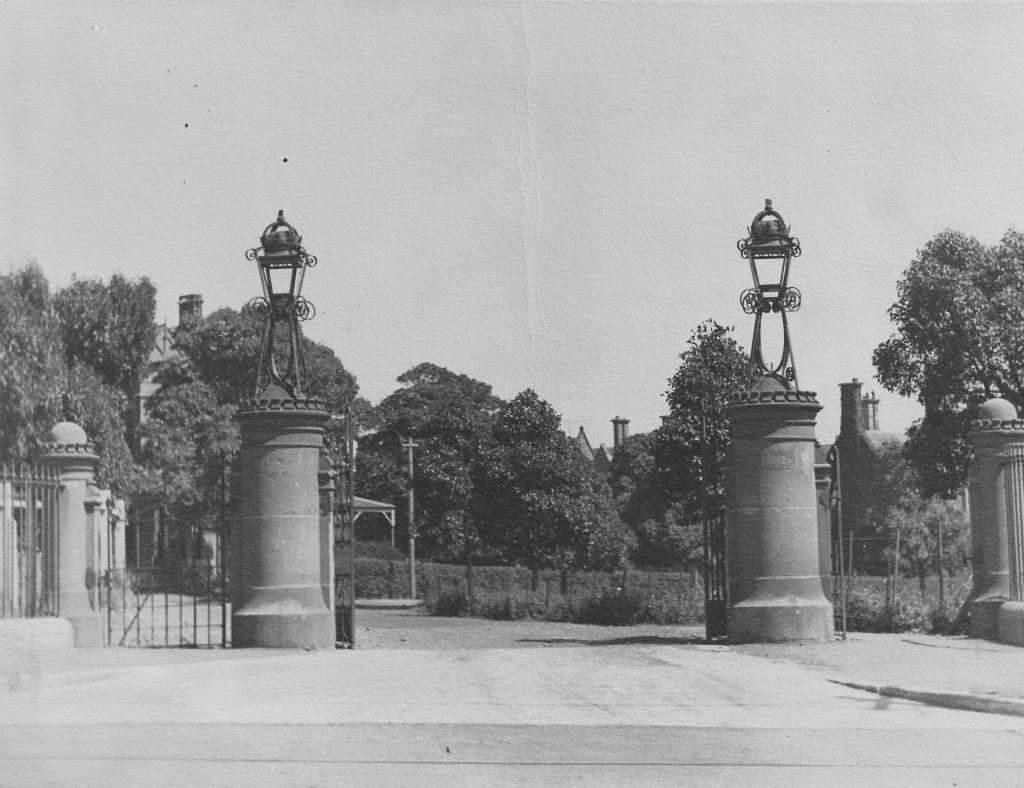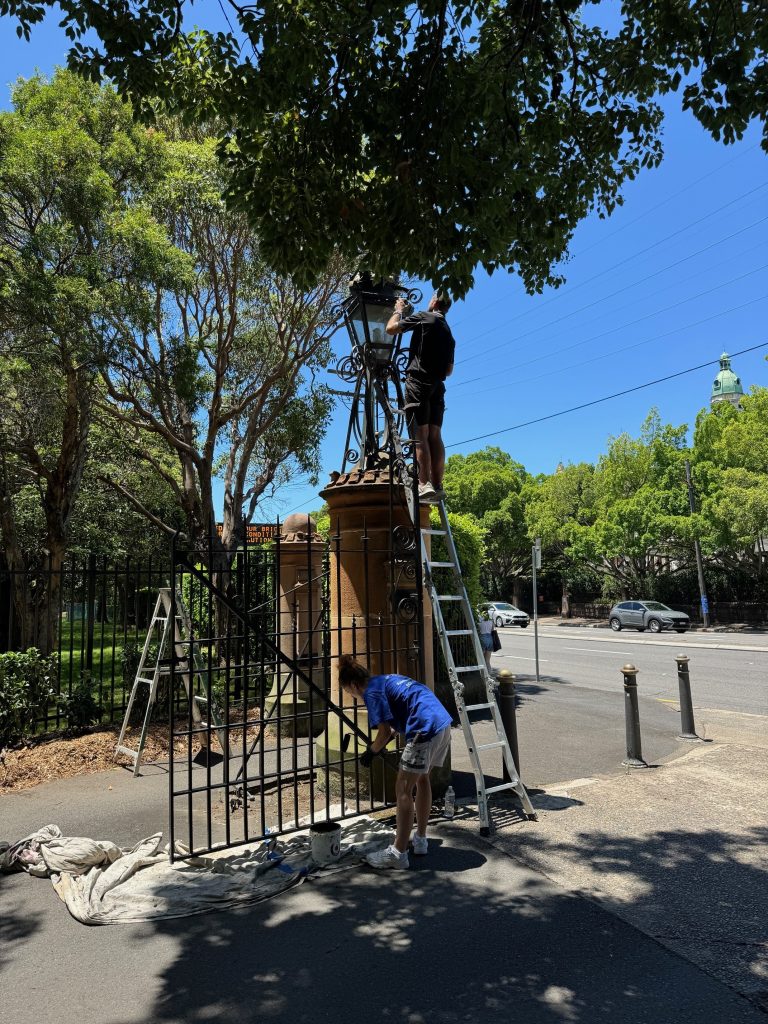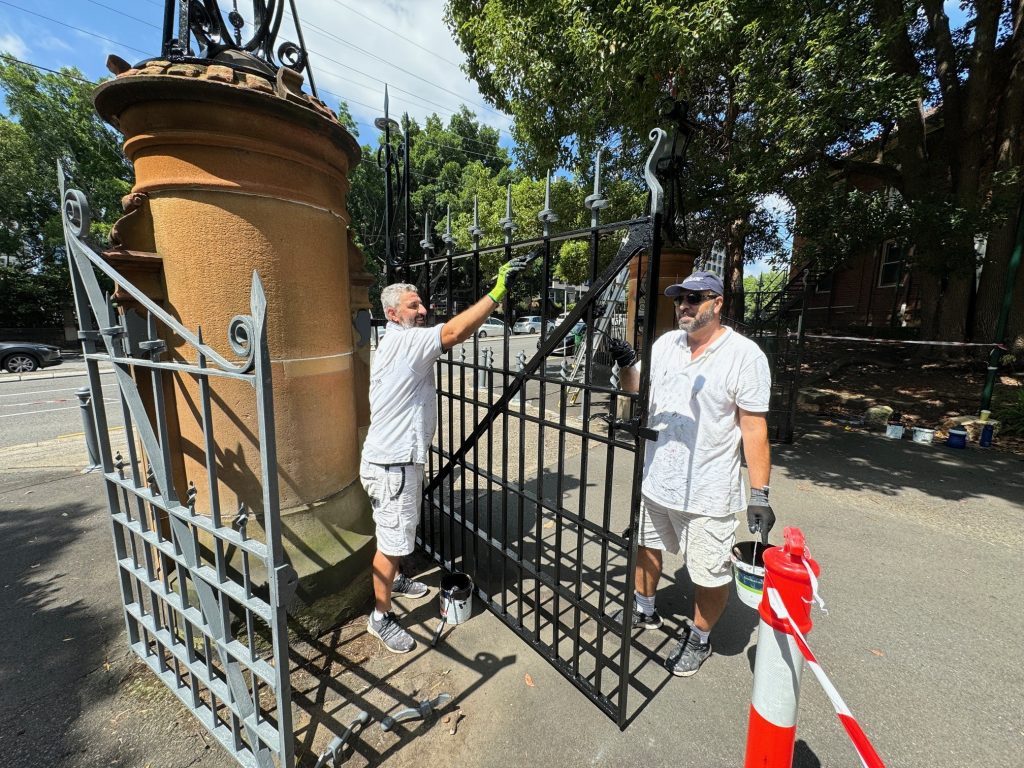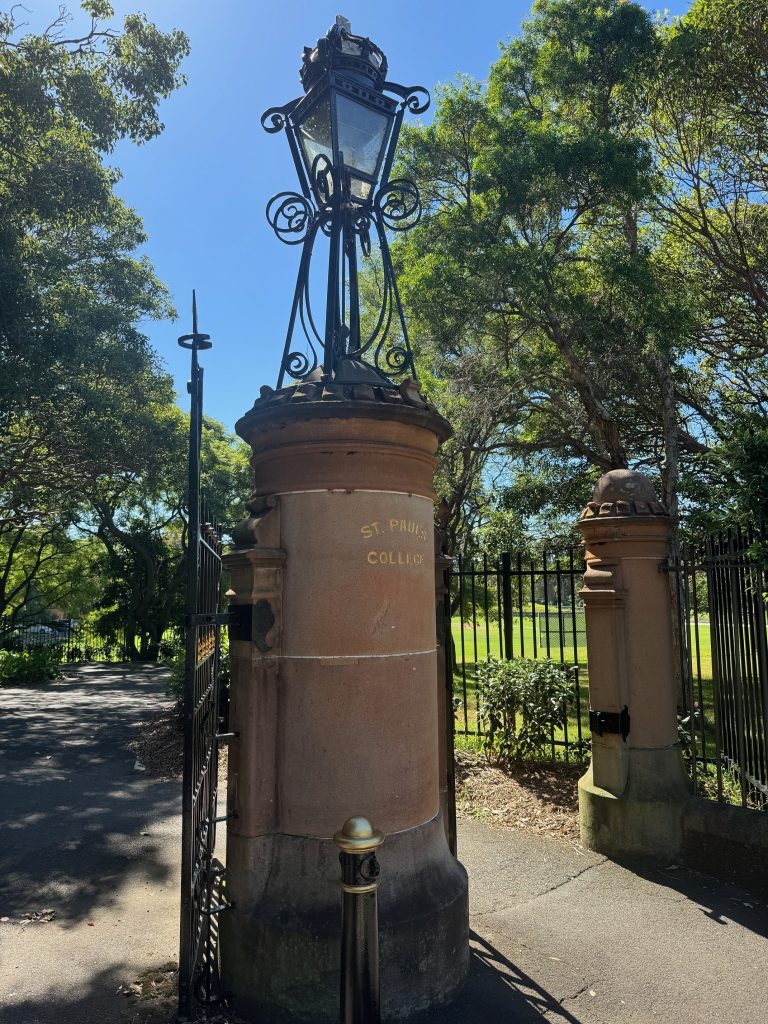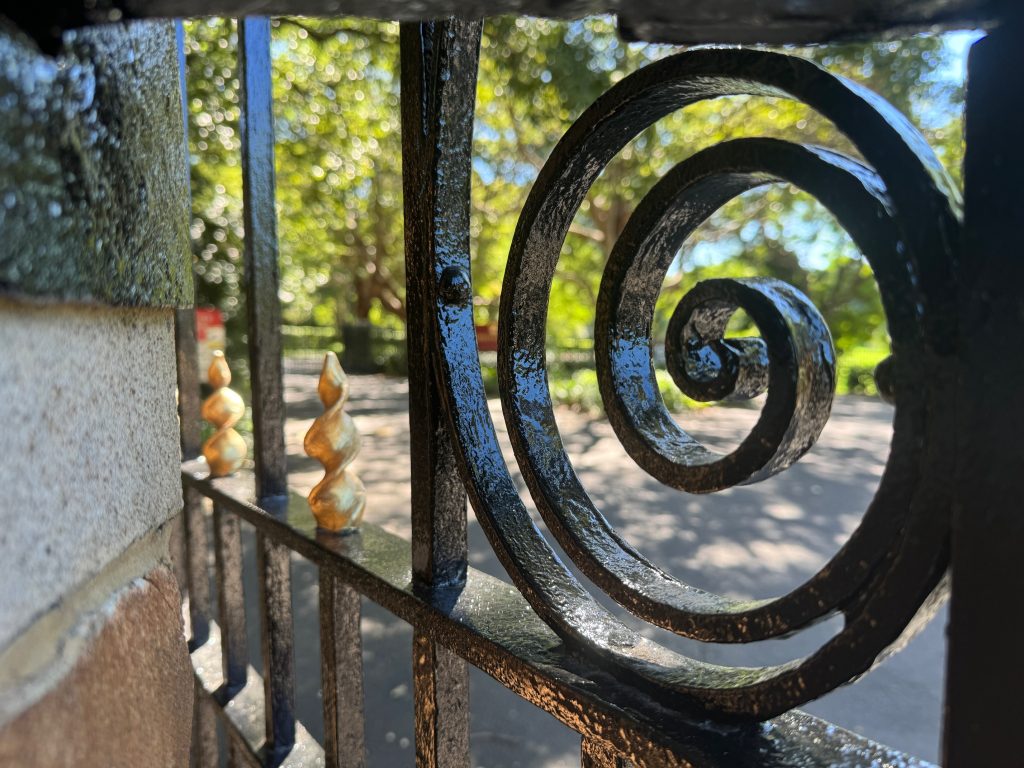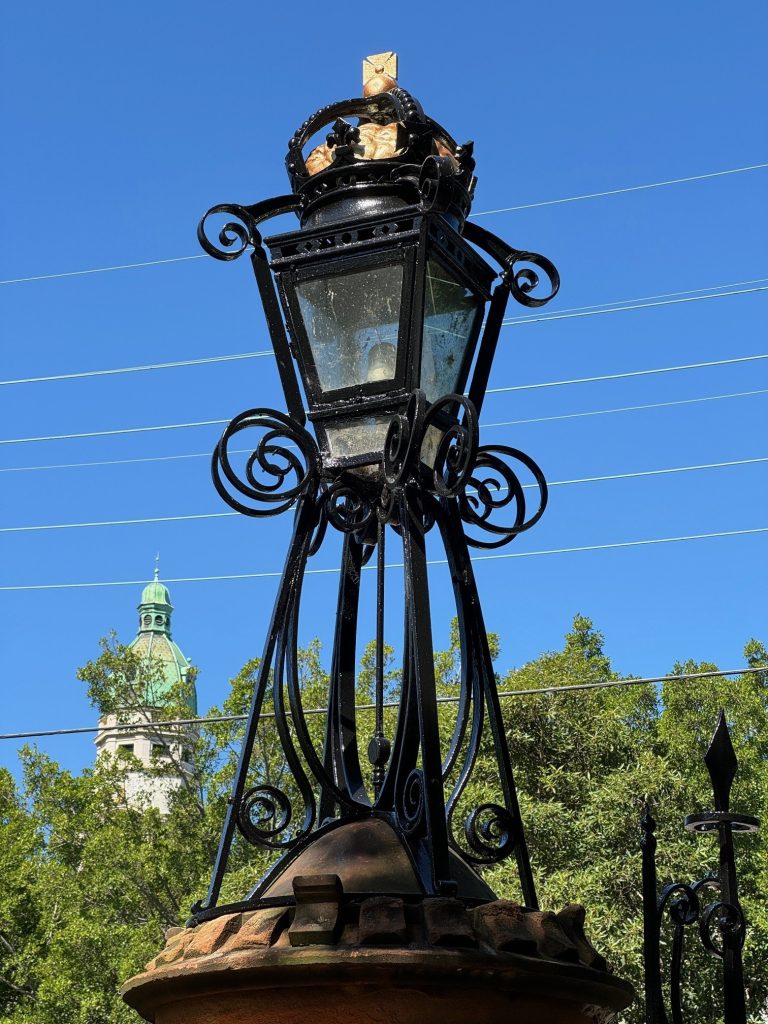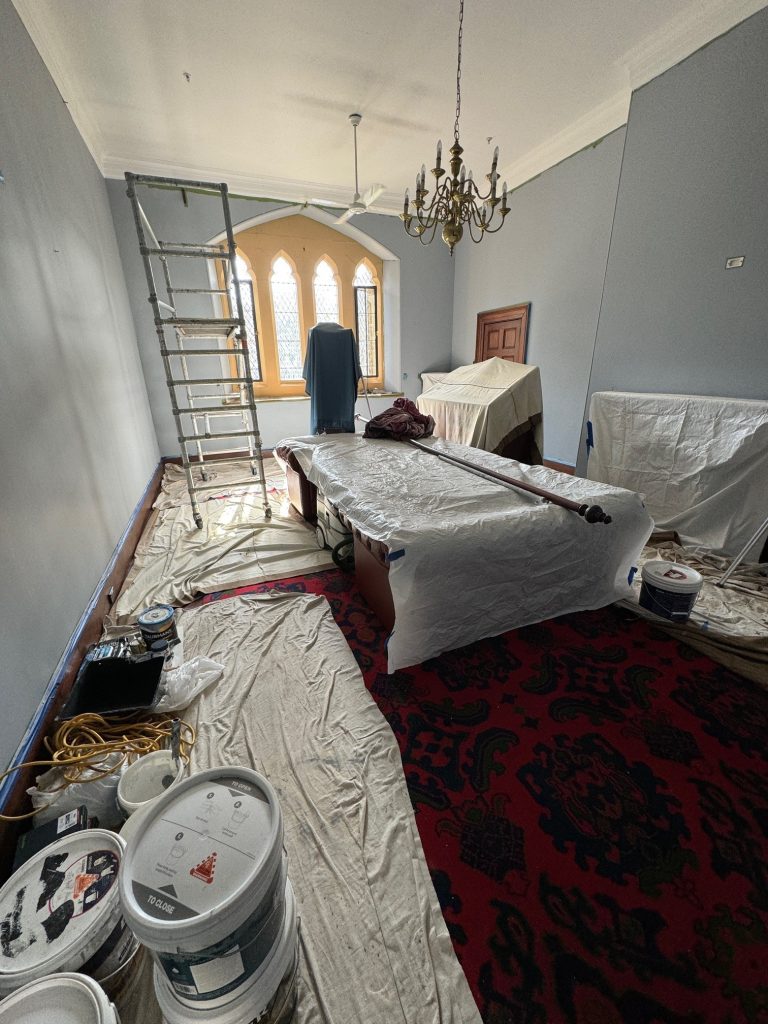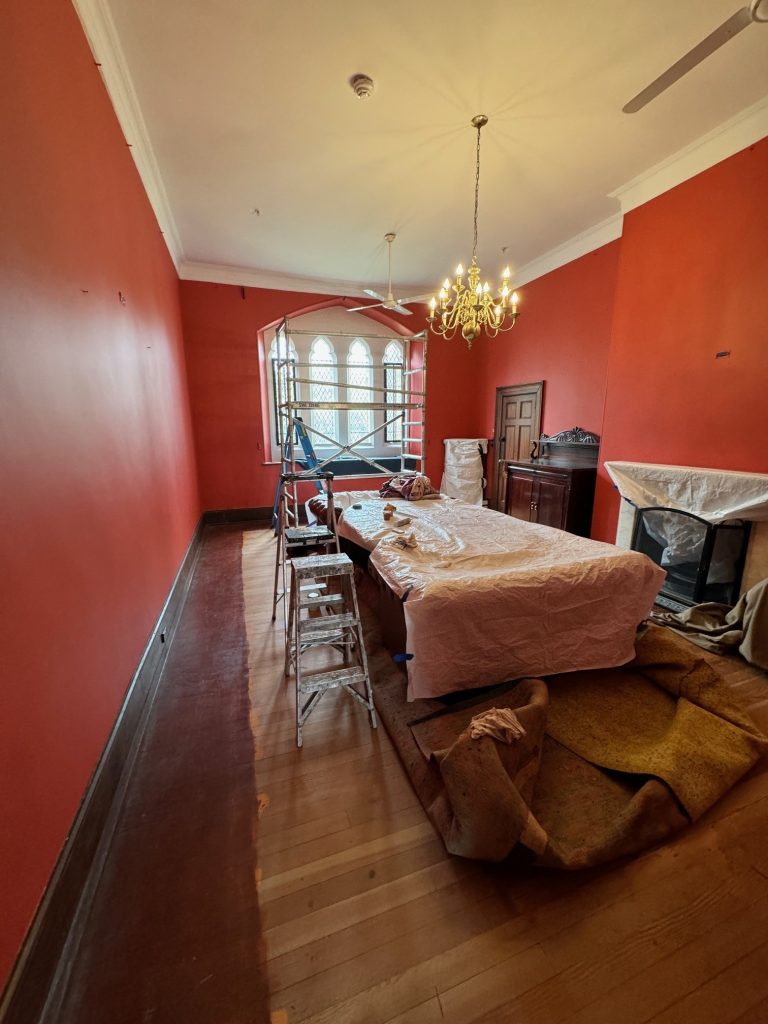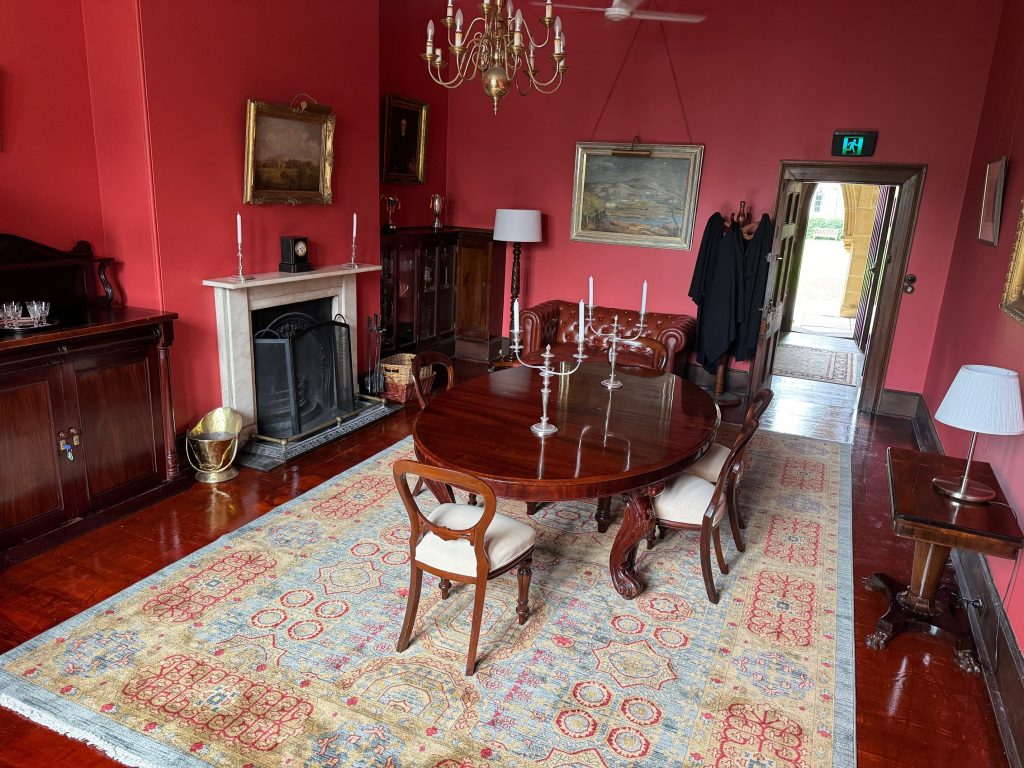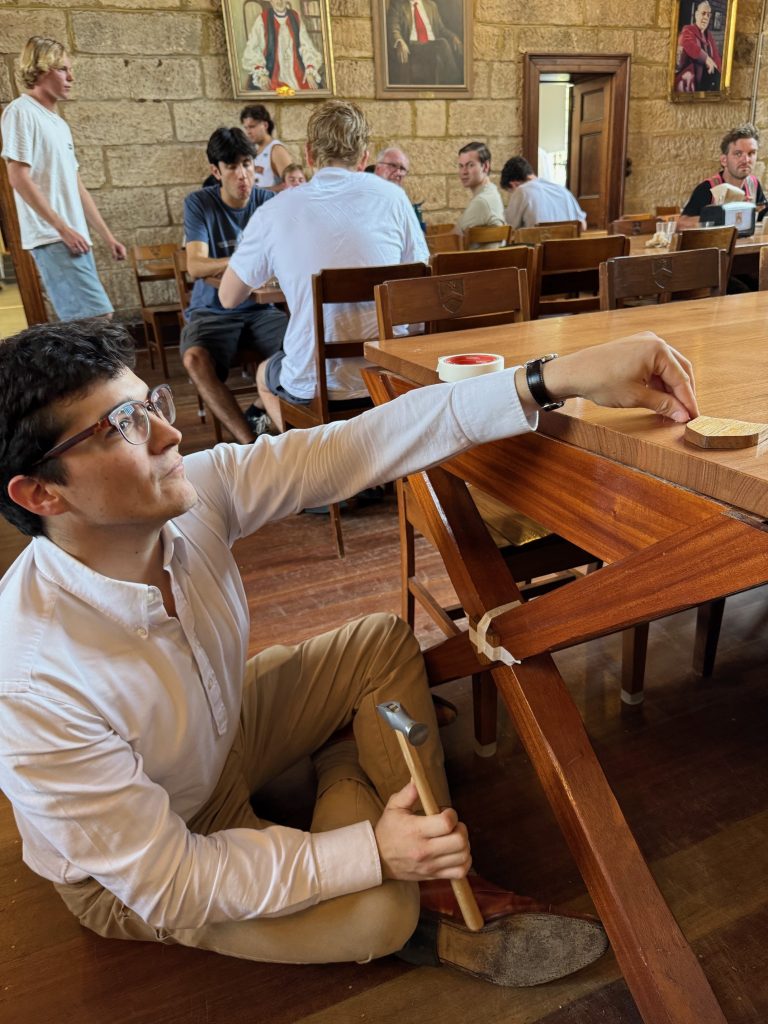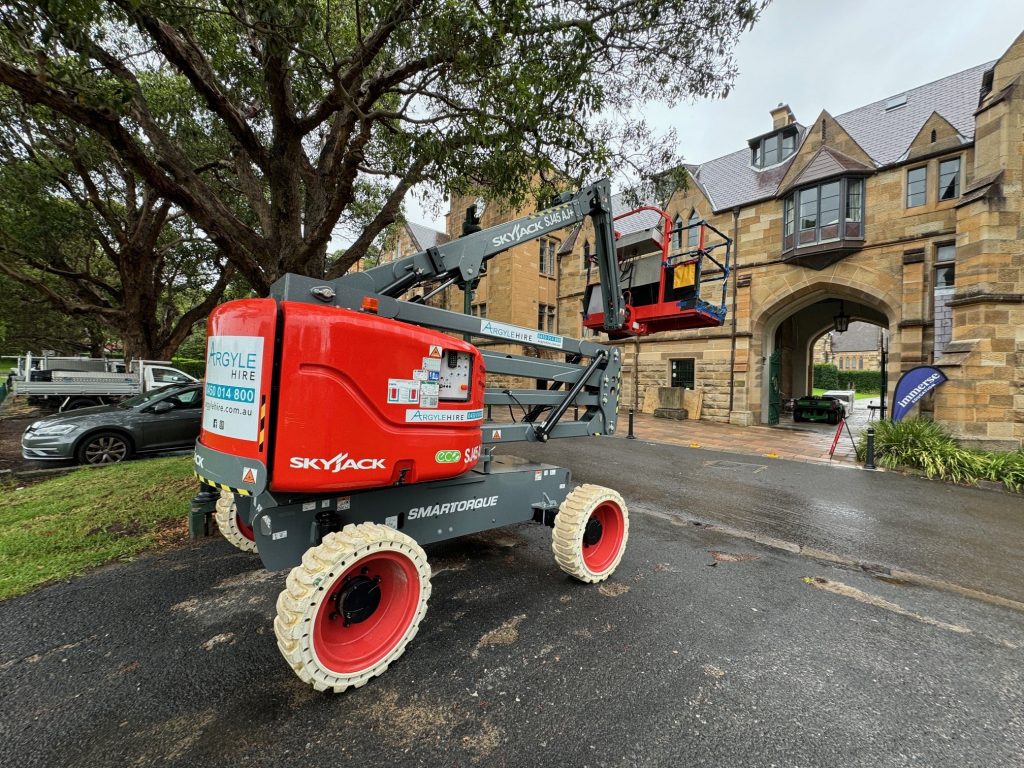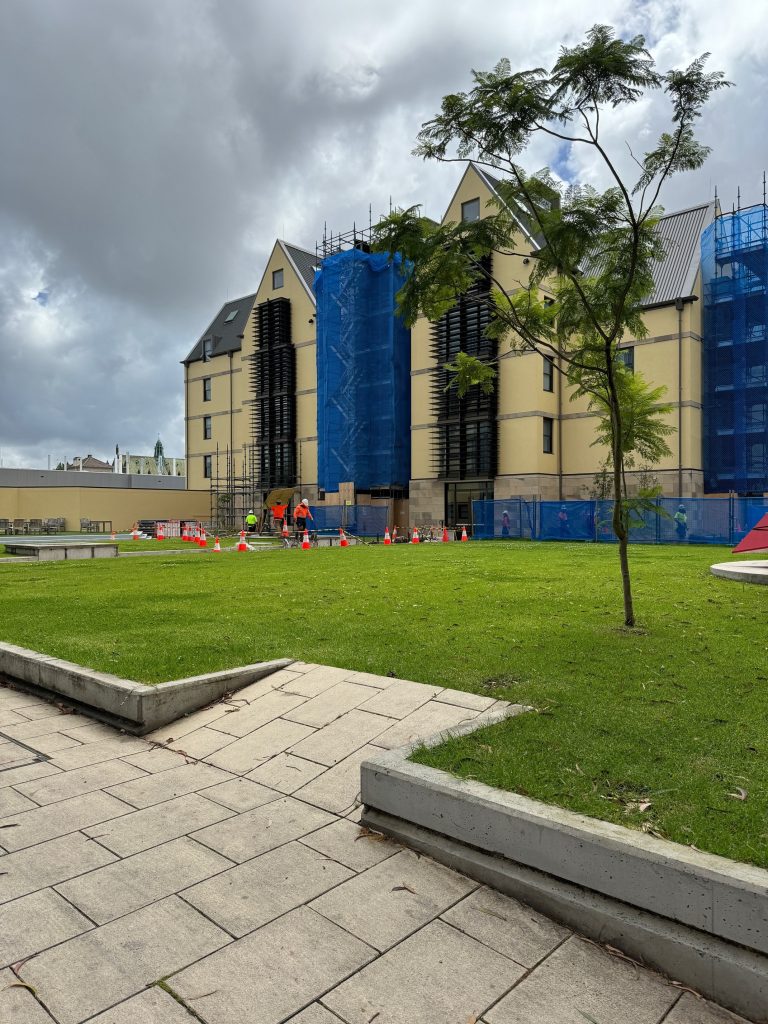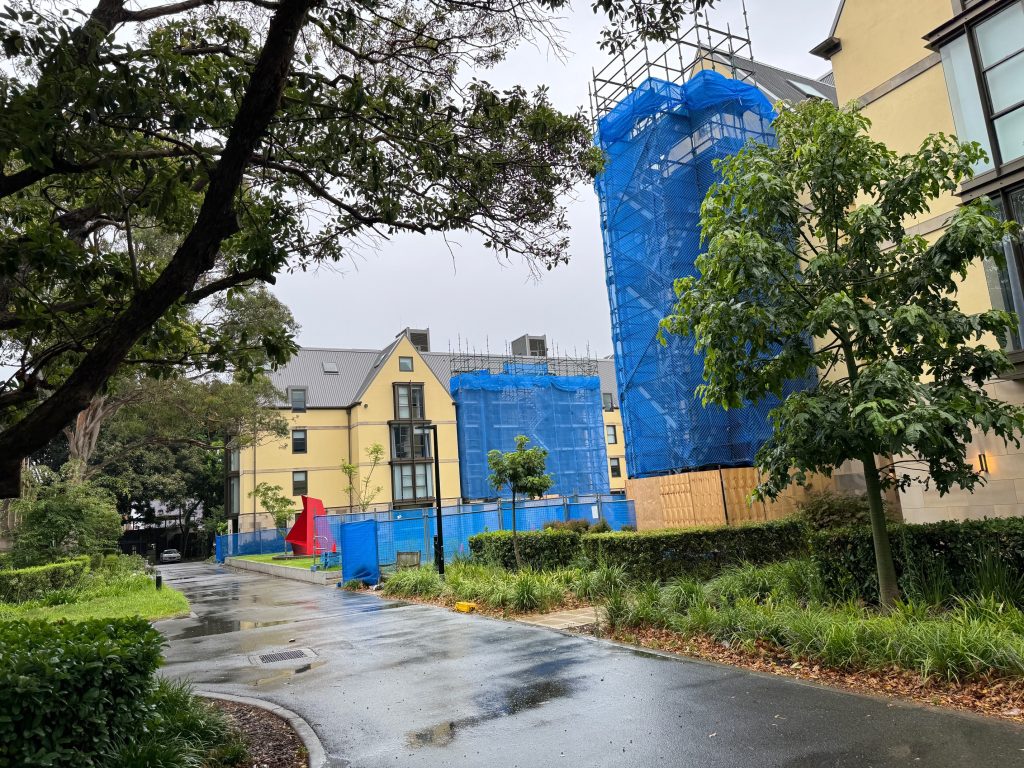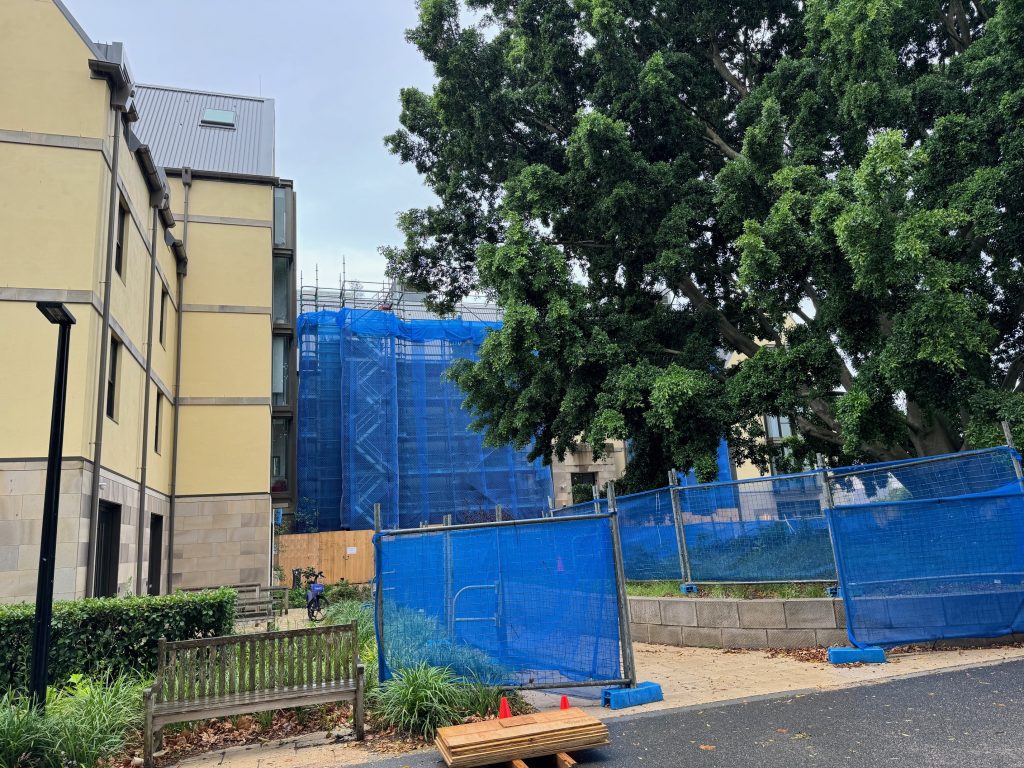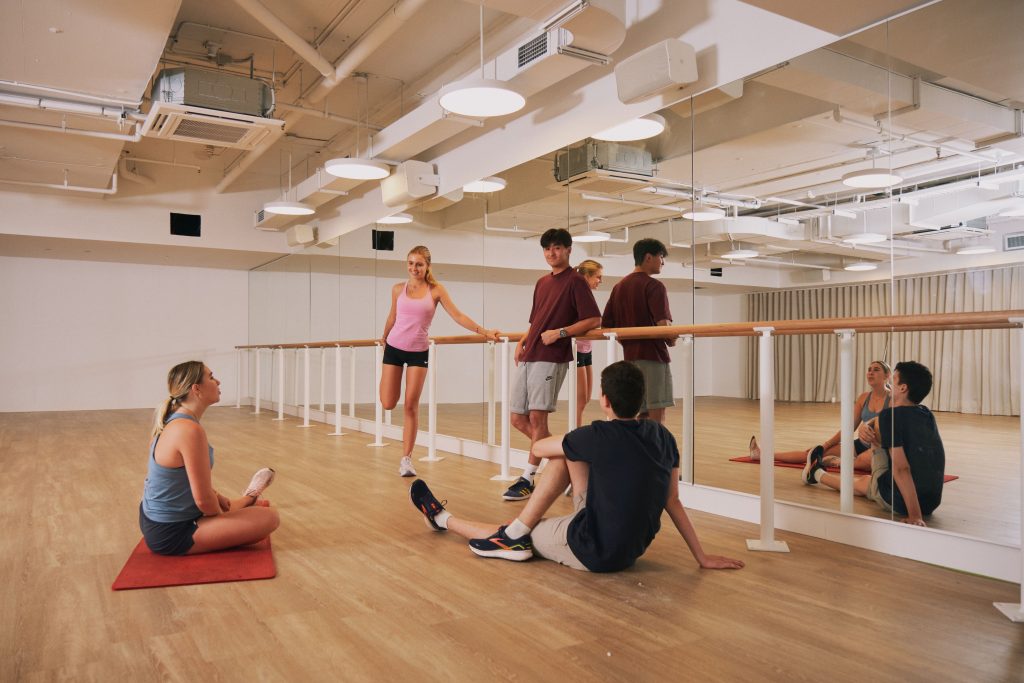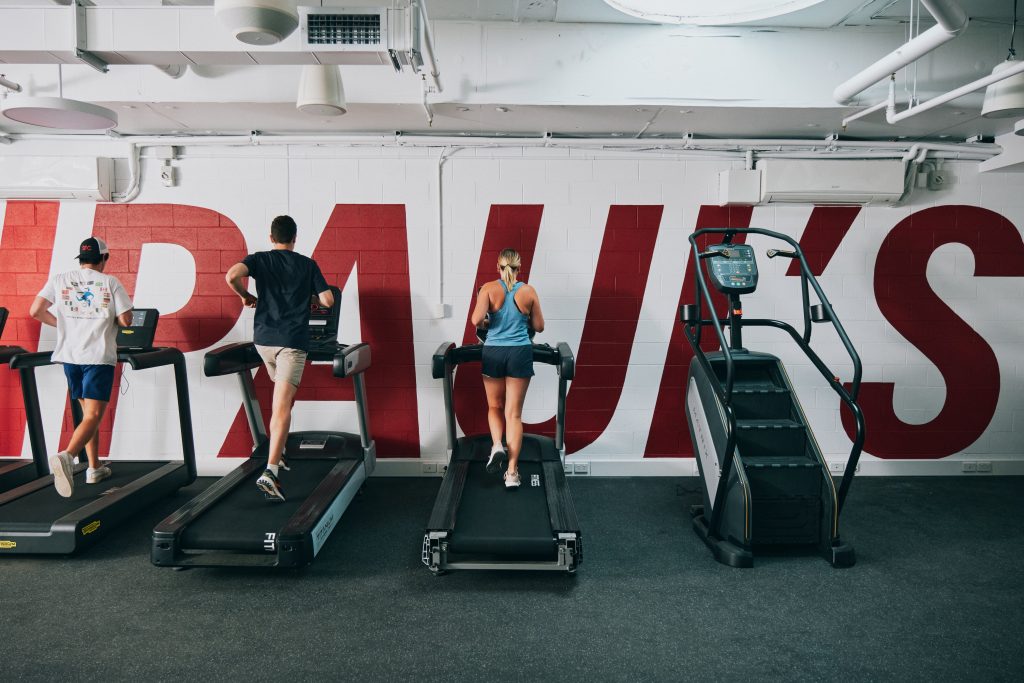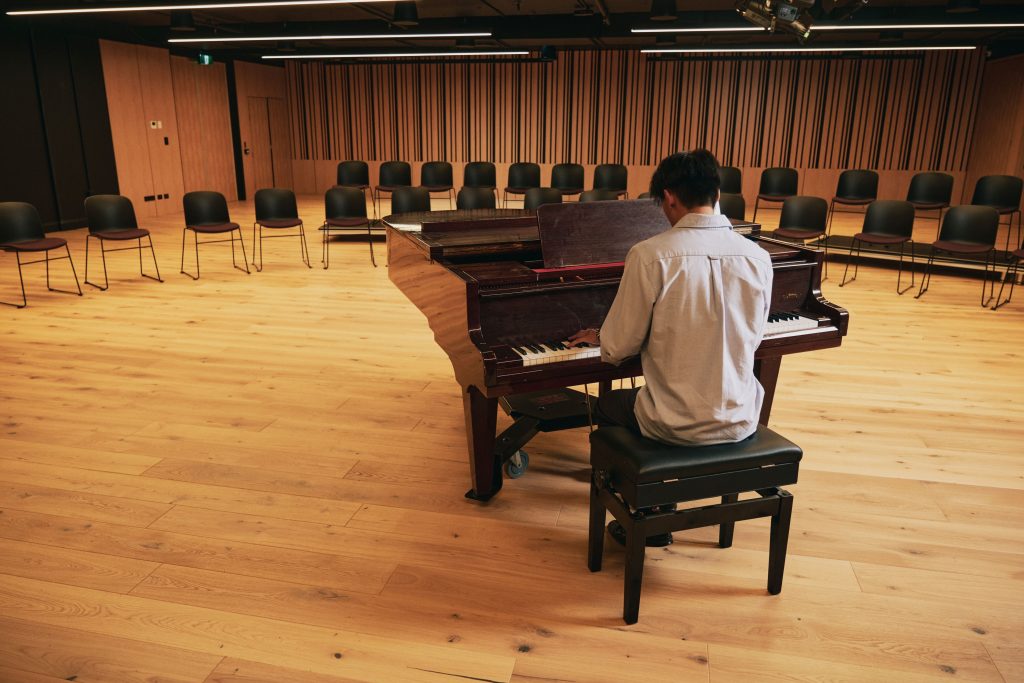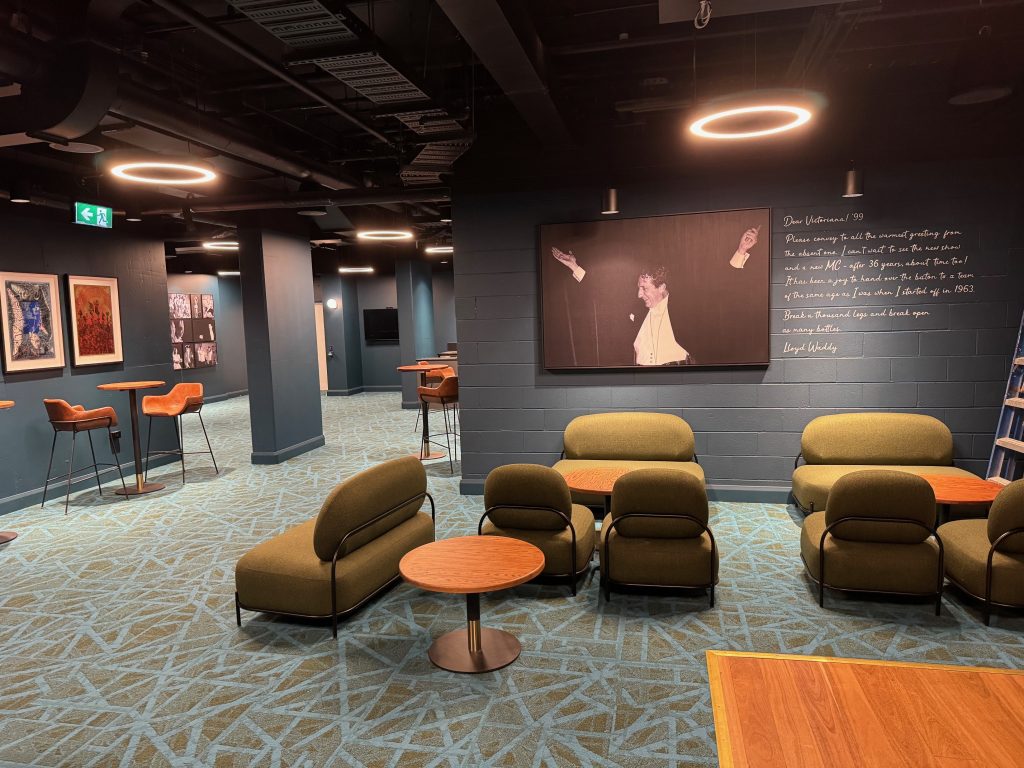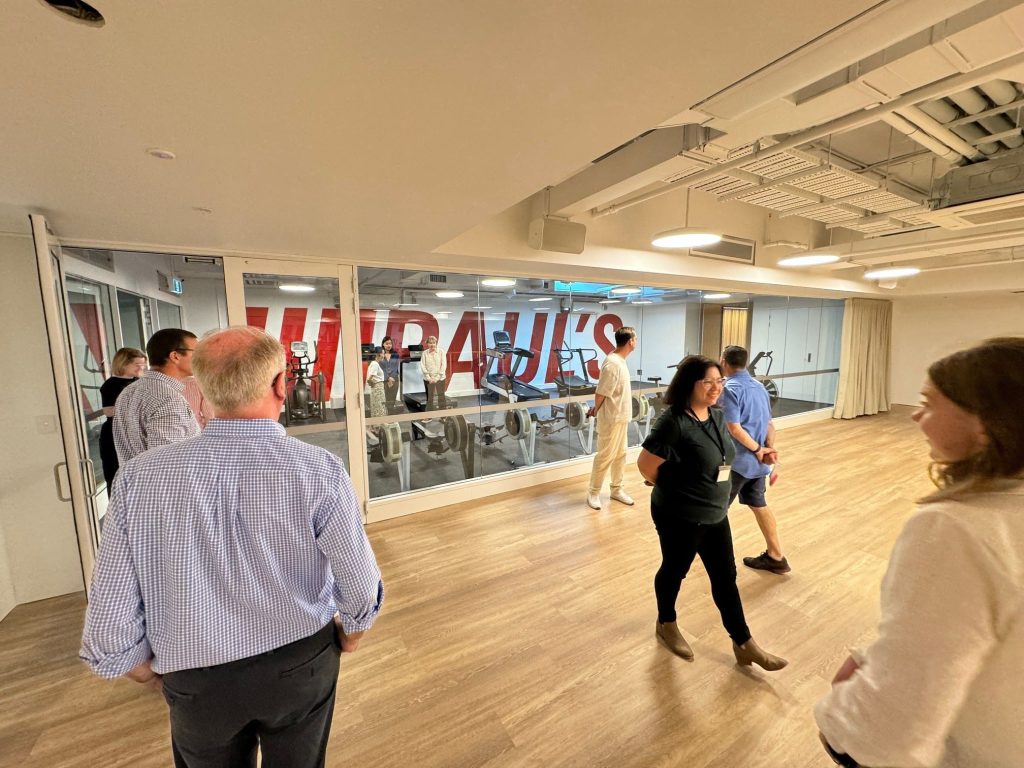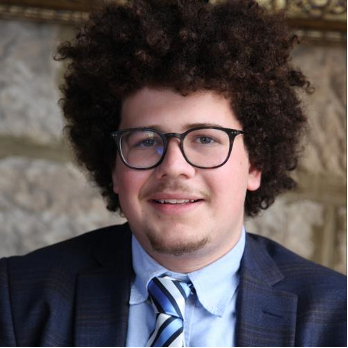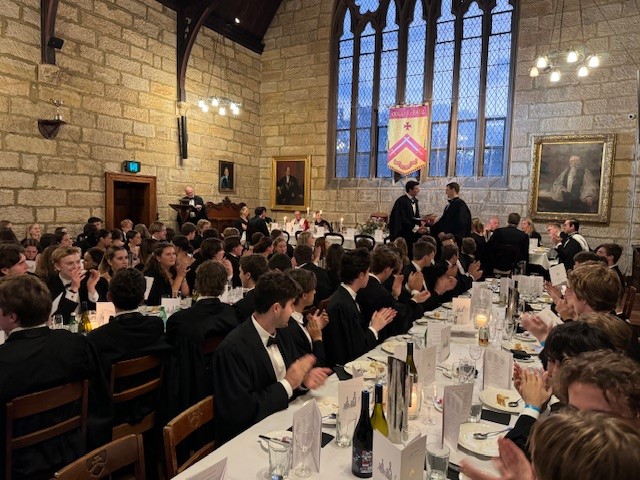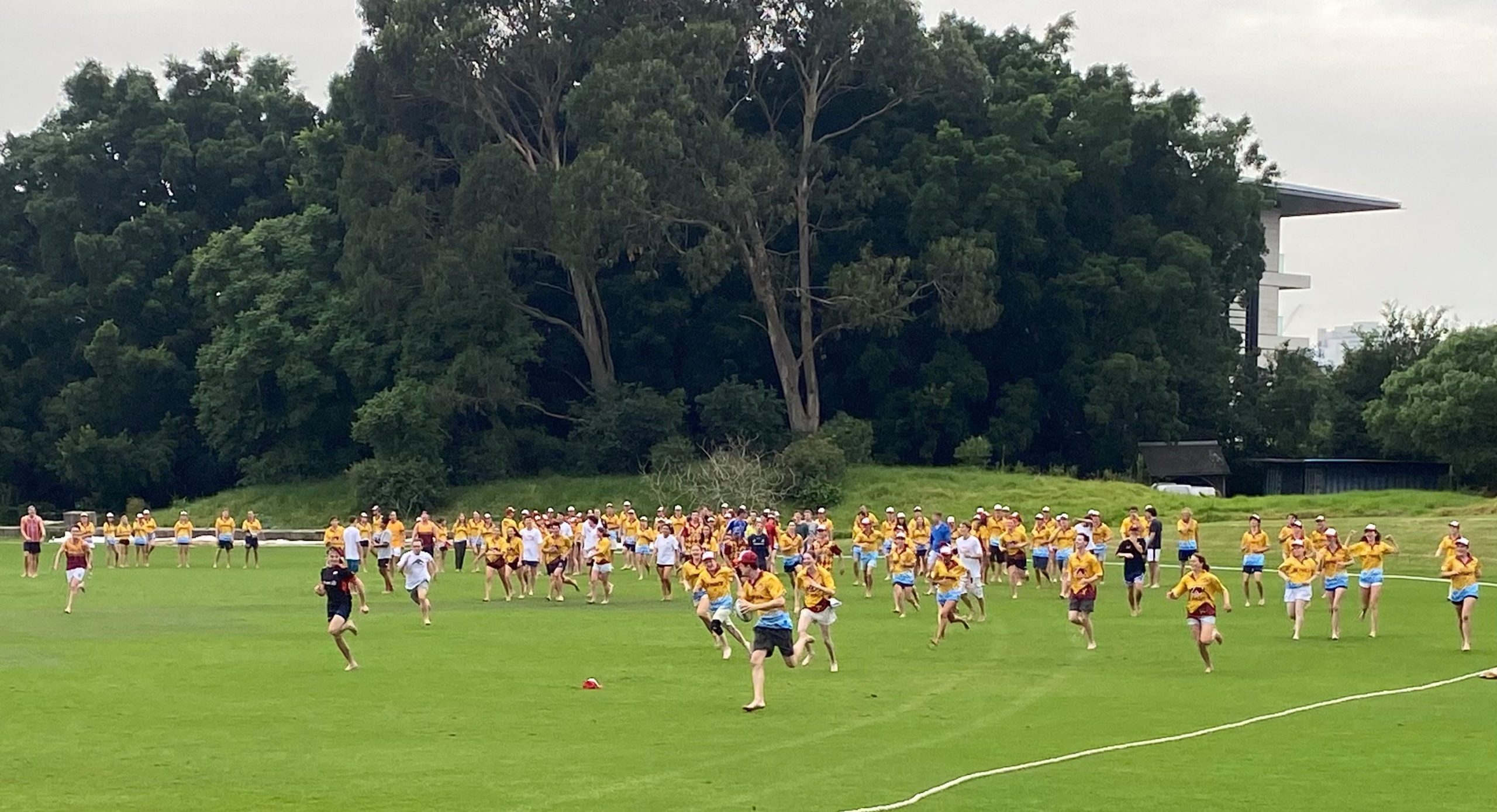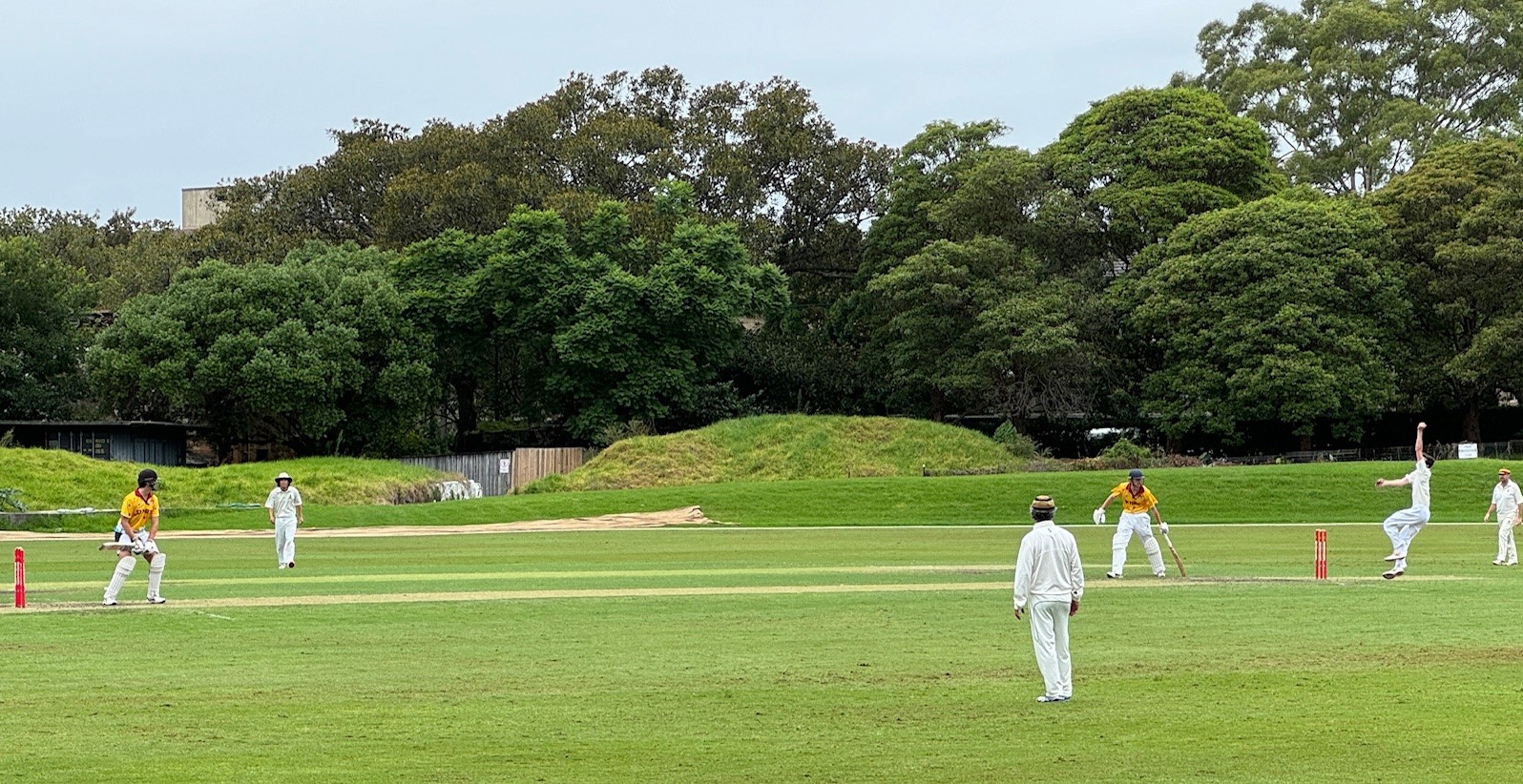With a warm welcome from the Warden to start, and a great flourish to unveil the plaque, the opening of the Waddy Performance Centre went beyond all expectations. Apart from showcasing some of the marvellous College talent and showing off the great new facilities, it was a time to honour “one of the greatest and most dedicated servants this College has ever produced” as stated by the Warden in his opening remarks.
The Waddy Performance Centre lifts the opportunities for performing arts, music and theatre at Paul’s to a new level. During the opening we were entertained by the Chapel Choir singing Thomas Dosey’s Precious Lord, Ola Gjeilo’s The Lake Isle and Sir Edward Elgar’s Land of Hope and Glory; Mummers gave us Monty Python’s The Four Yorkshiremen; a student rock band played Golden Slumbers/Carry that Weight; members of the Victoriana! cast sang Gilbert and Sullivan’s Three Little Maids from The Mikado, Fred Leigh’s Waiting at the Church and Oley Speaks’s On the Road to Mandalay; and current Victoriana! Master of ceremonies, Jonathan Borg joined Lloyd Waddy to sing Charles Coborn’s Two Lovely Black Eyes.
The cast was supported by David Drury and Bill Brooks on piano and the show was planned and directed by the College Director of Music, Jack Stephens.
In the Anglican tradition we celebrated the opening through a dedication to God led by the Chaplain Rev’d Antony Weiss.
The Chairman of the Foundation, Geoff Lovell, took the opportunity to address the audience about Lloyd’s greatest gift to the College, being the establishment of the St Paul’s College Foundation so ably supported by its first chairman the late Robert Albert. He reminded us all about the legacy the Foundation has provided, and will provide, for hundreds of students who, like Geoff, gained an opportunity to attend St Paul’s through Foundation Scholarships. Geoff reminded the gathering about philanthropy and donating directly to the Waddy Performance Centre. The donations to date have raised over $500,000 still short of our goal for this project.
Donors to the centre have been acknowledged in the printed program and in the excellent new display screens which are in the performance centre lobby.
Lloyd spoke about his whole life being joyfully absorbed by St Paul’s, about his many theatrical interests and the delight of having a theatre space named in his honour.
For Lloyd’s short biography CLICK HERE
For Lloyd’s speech CLICK HERE
For the list of donors to the Waddy Centre CLICK HERE
